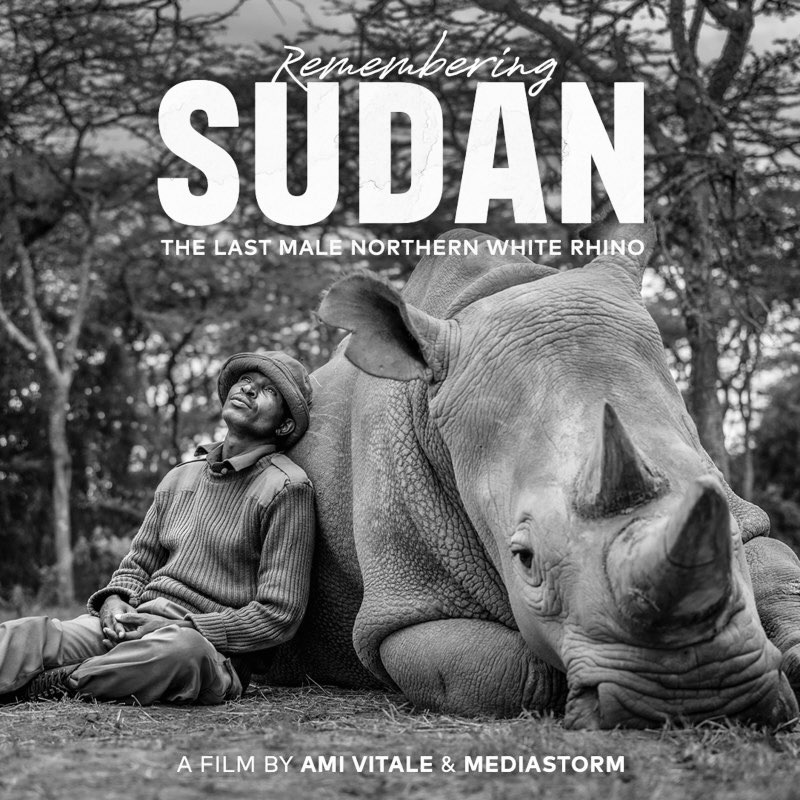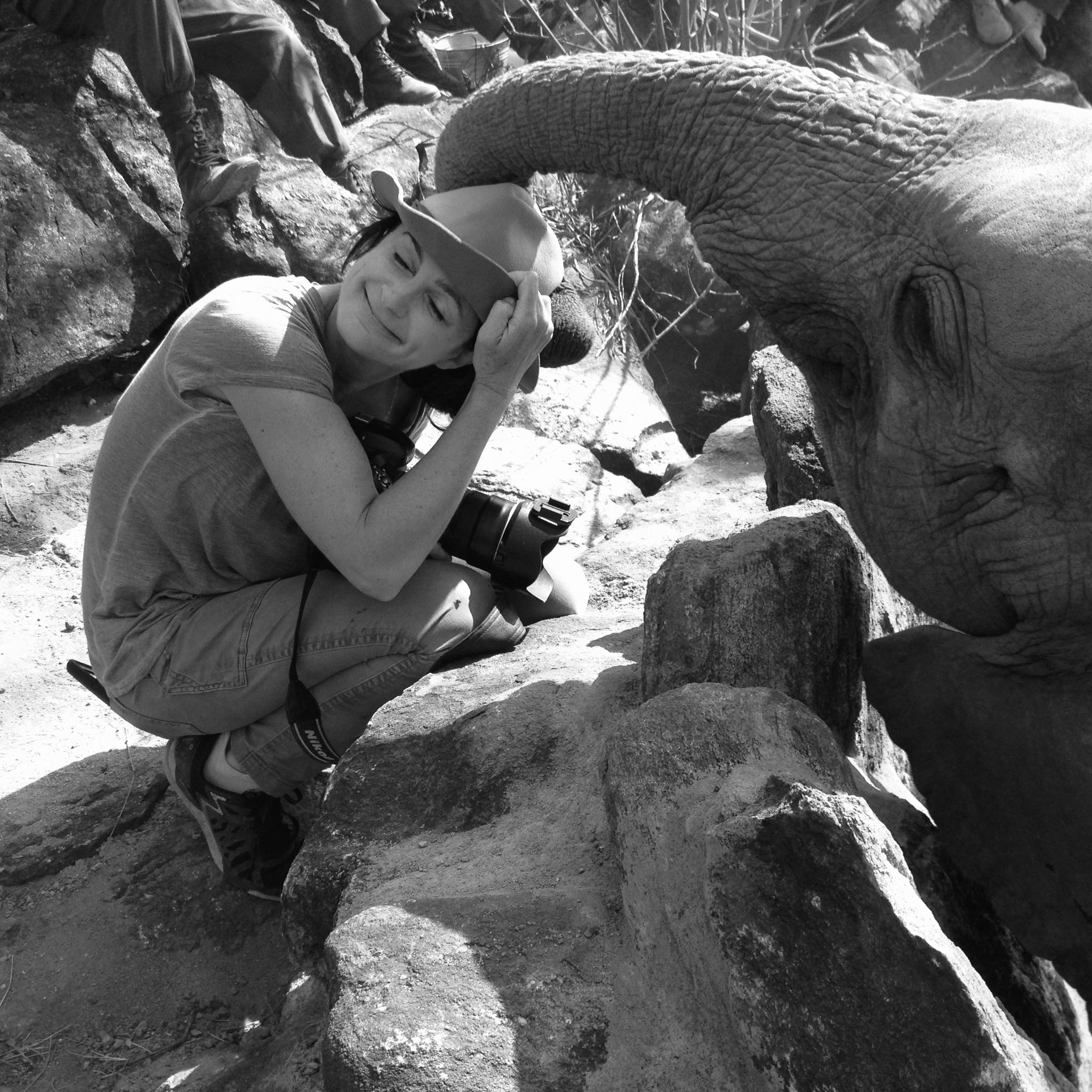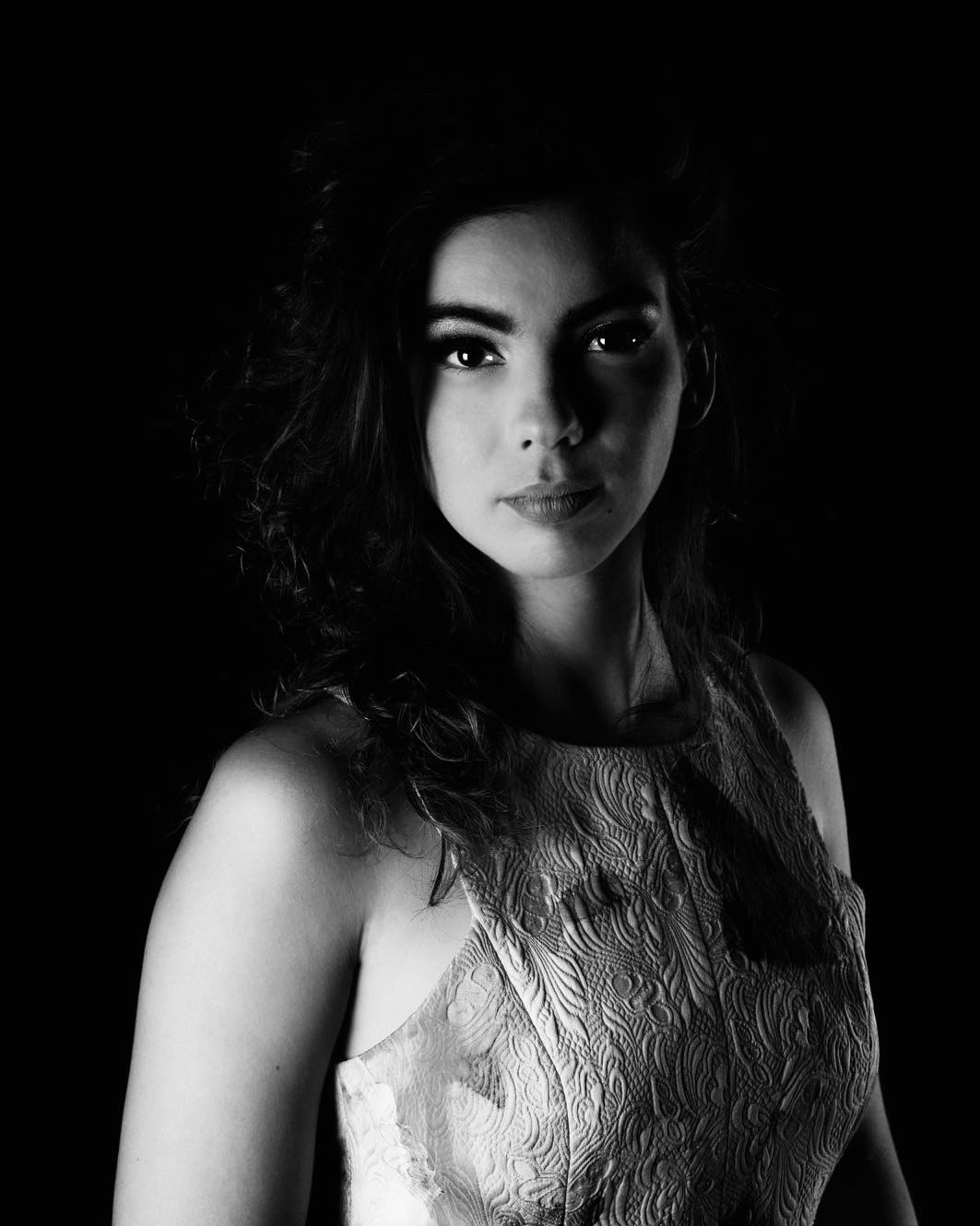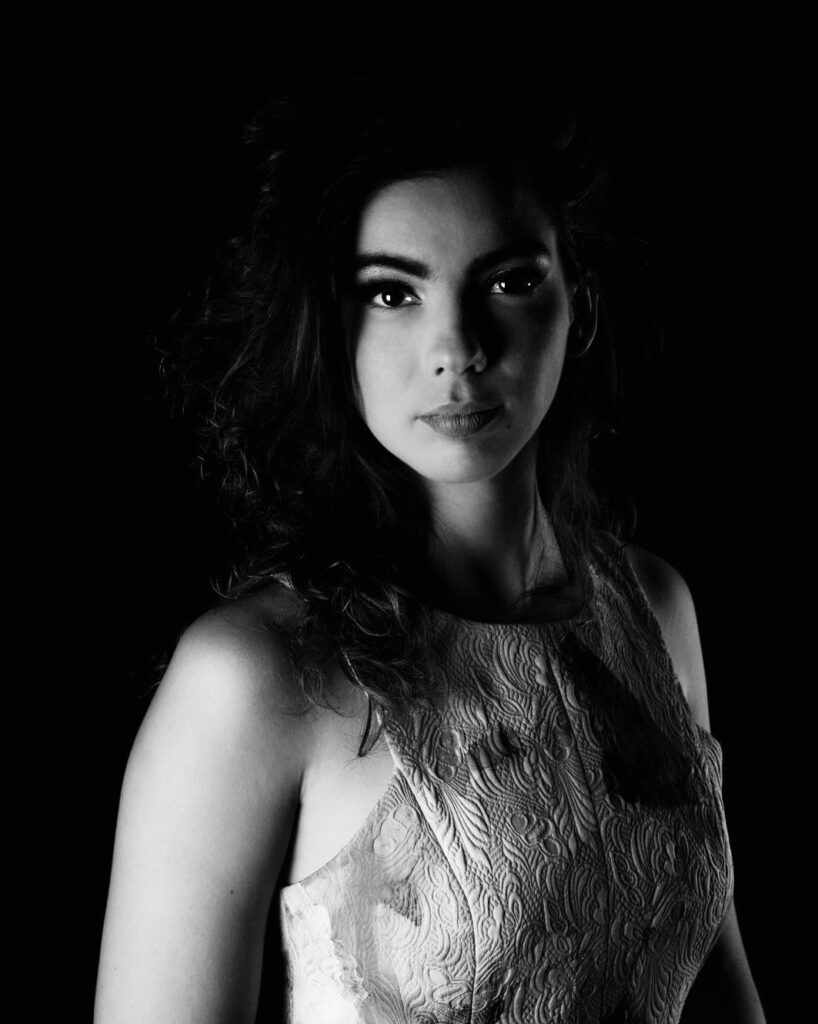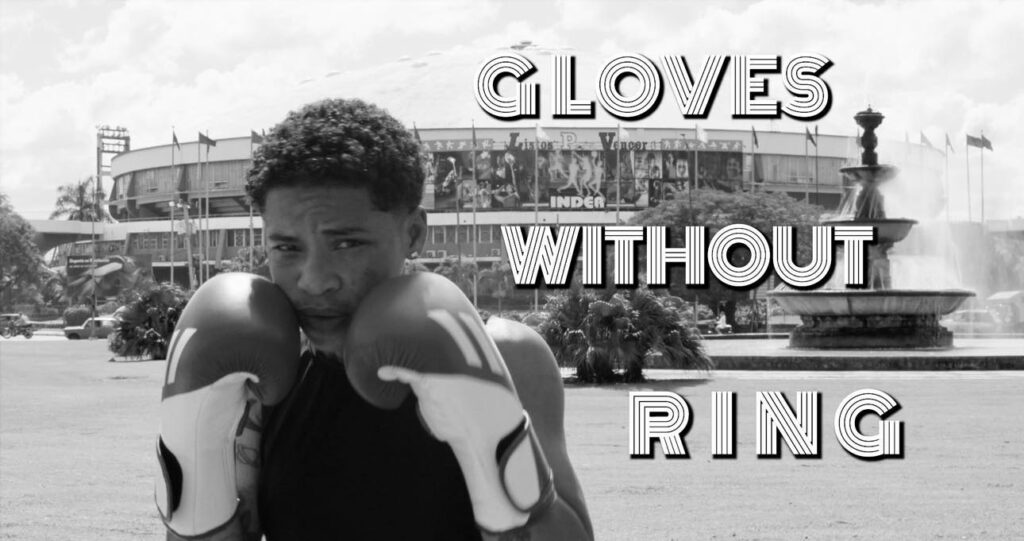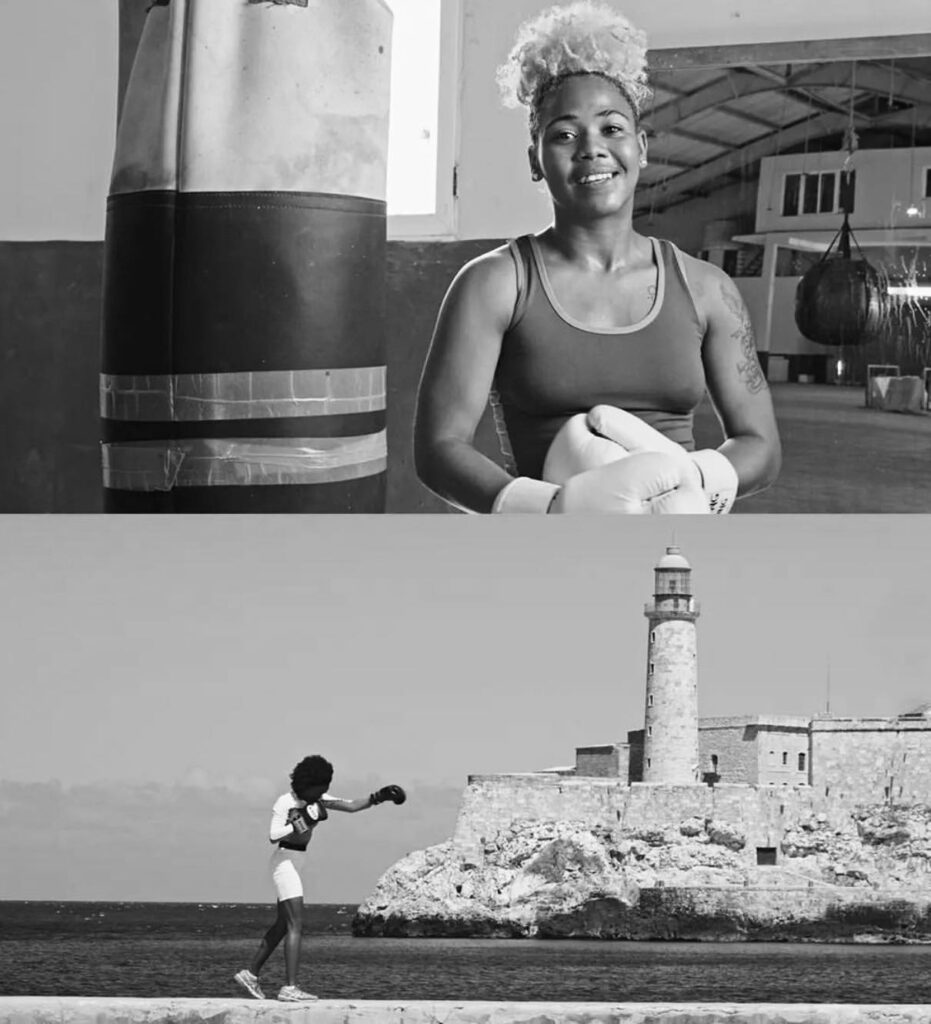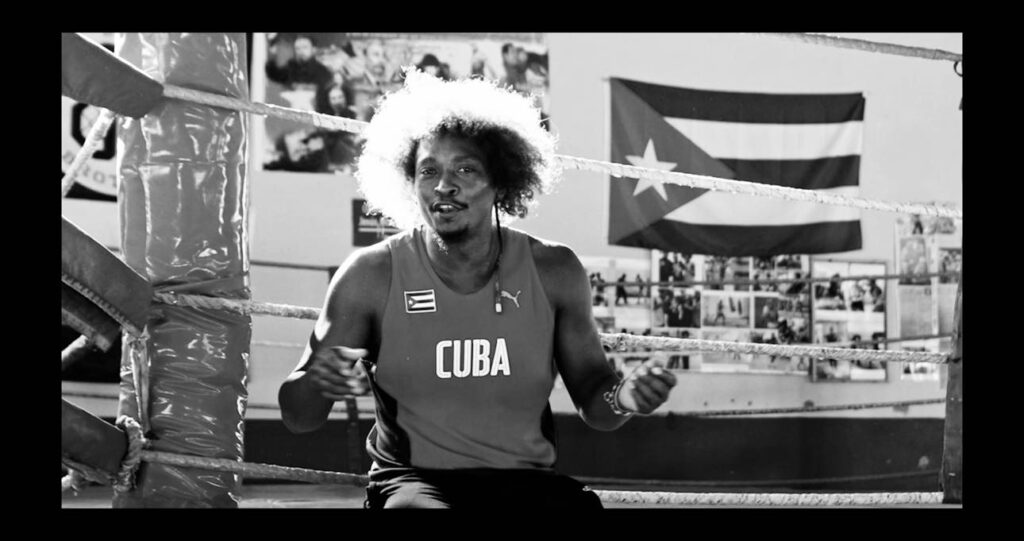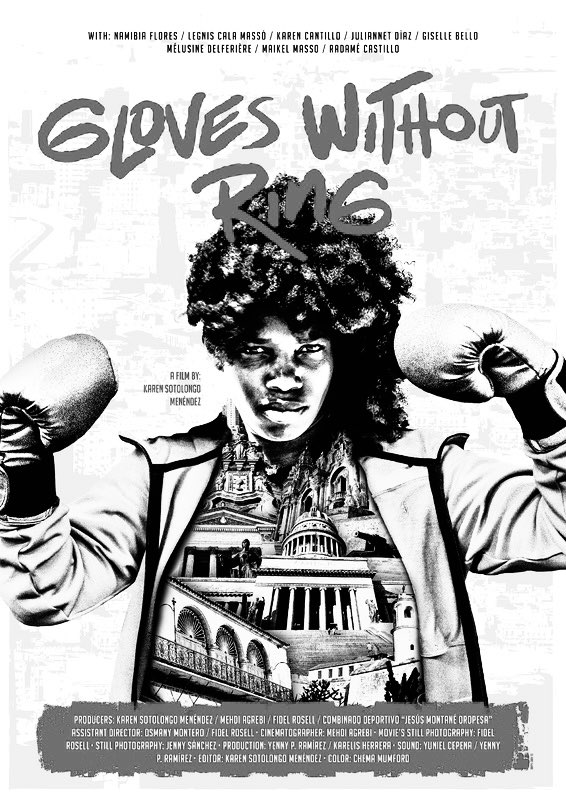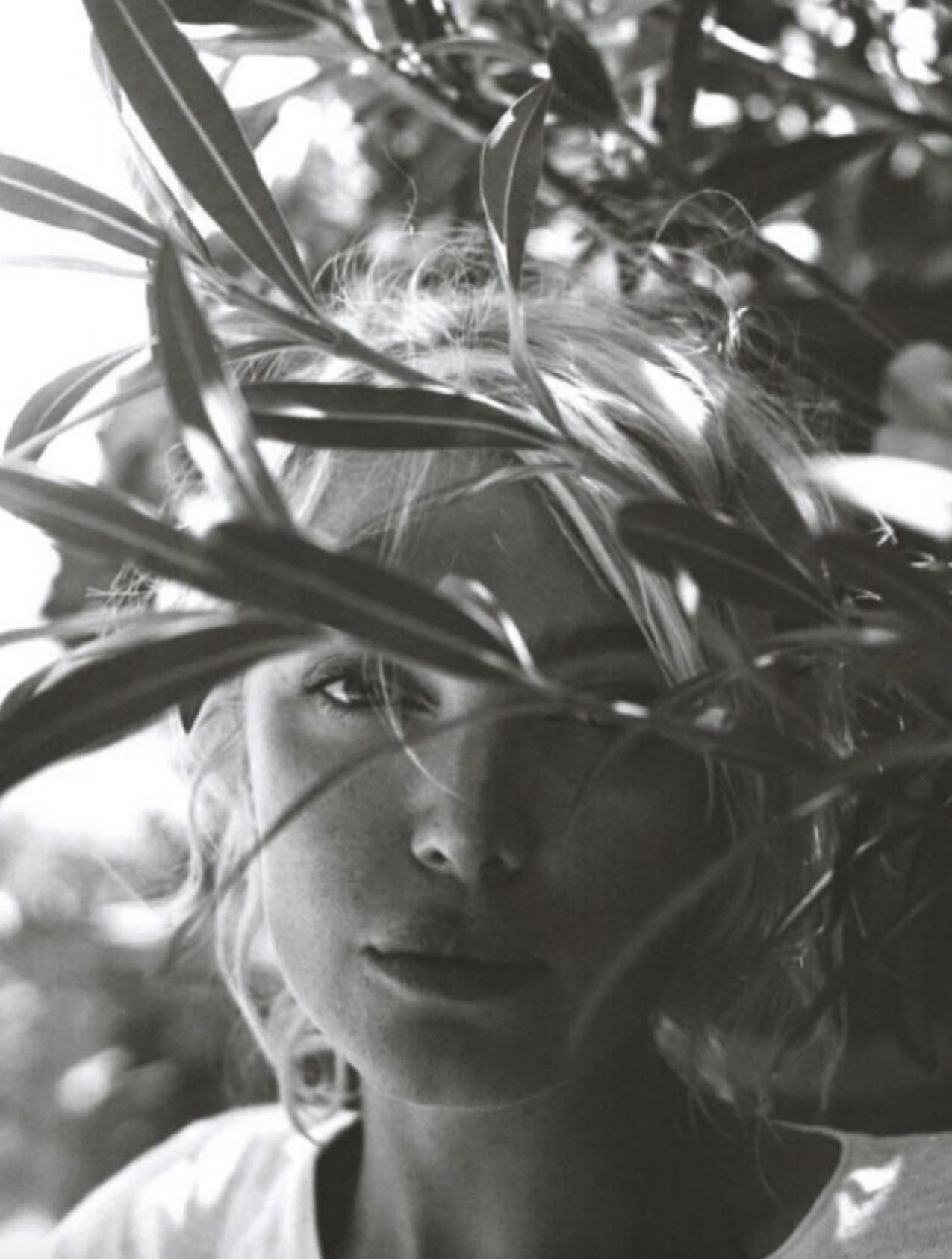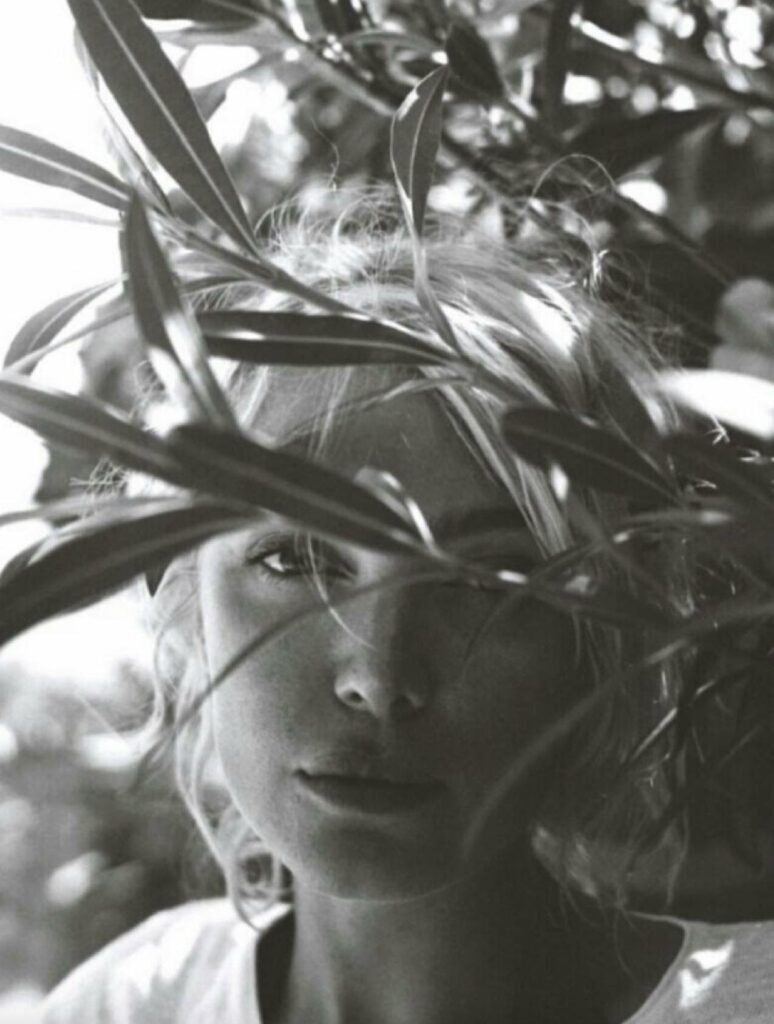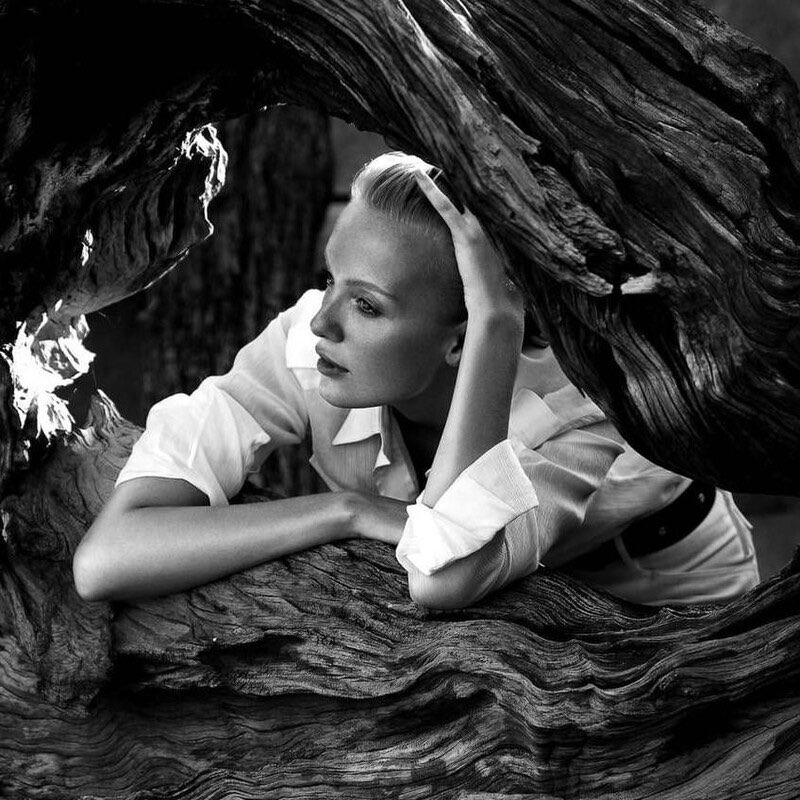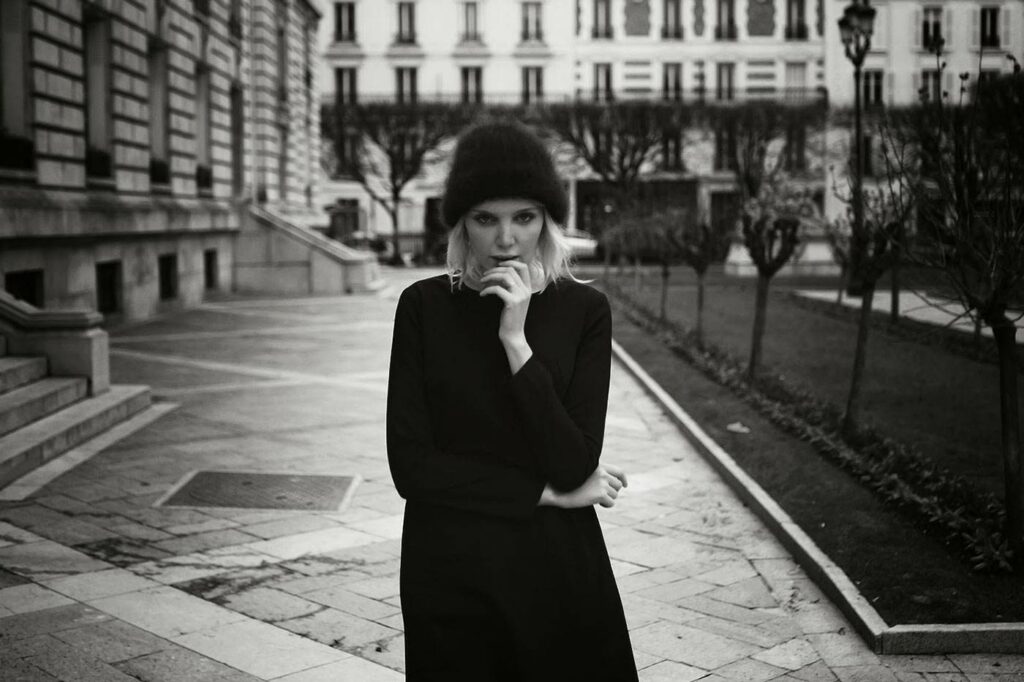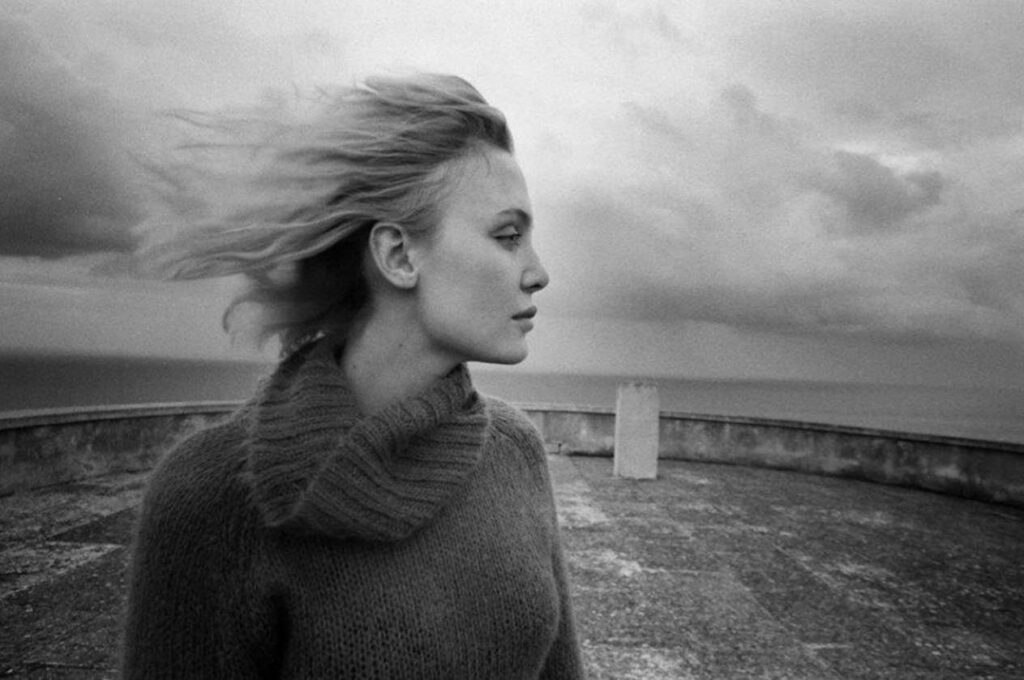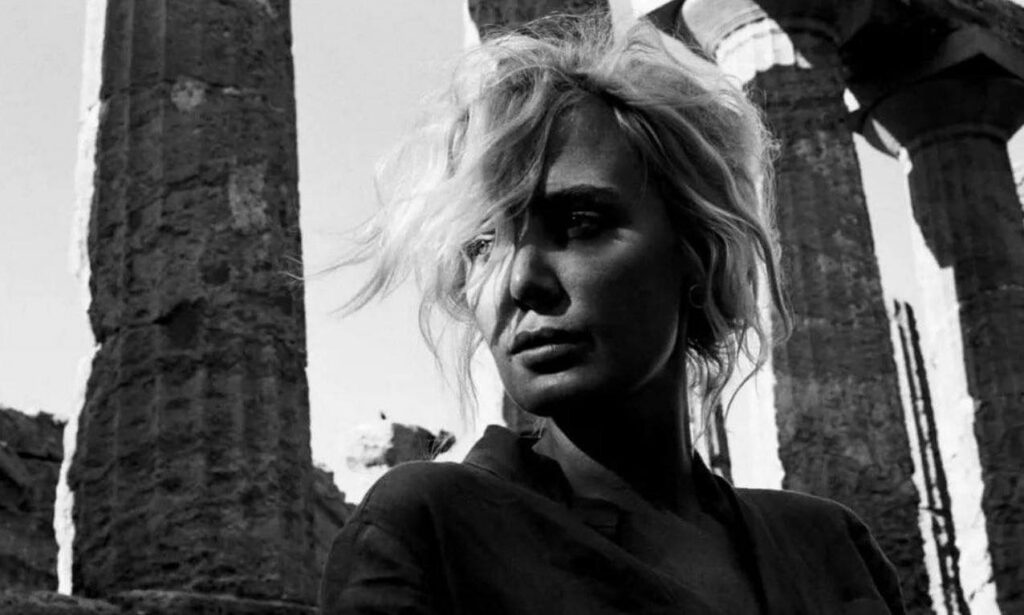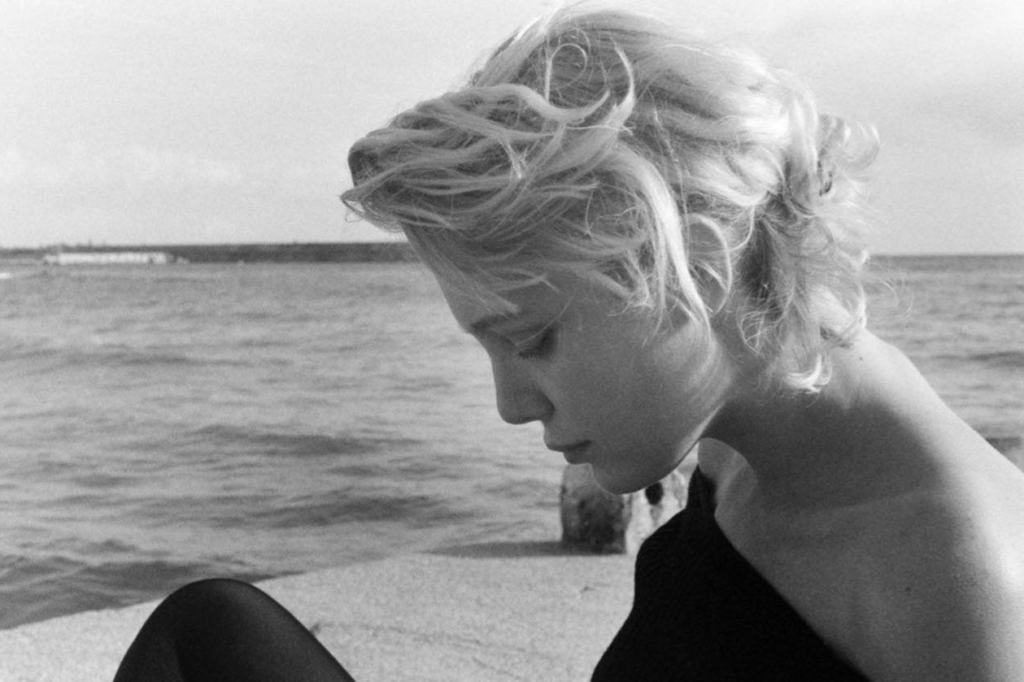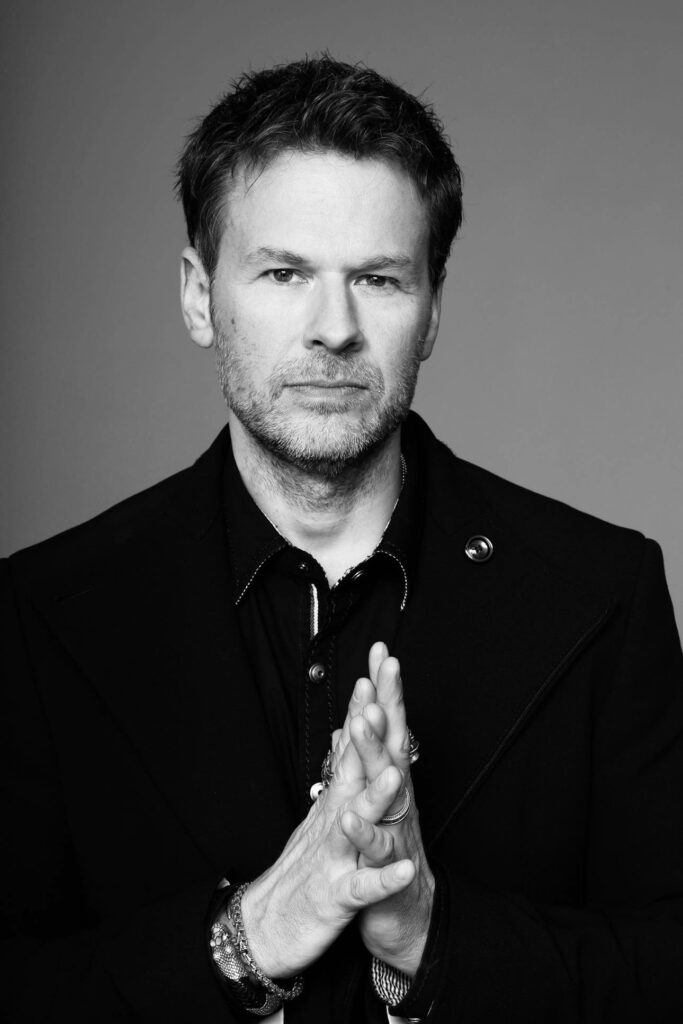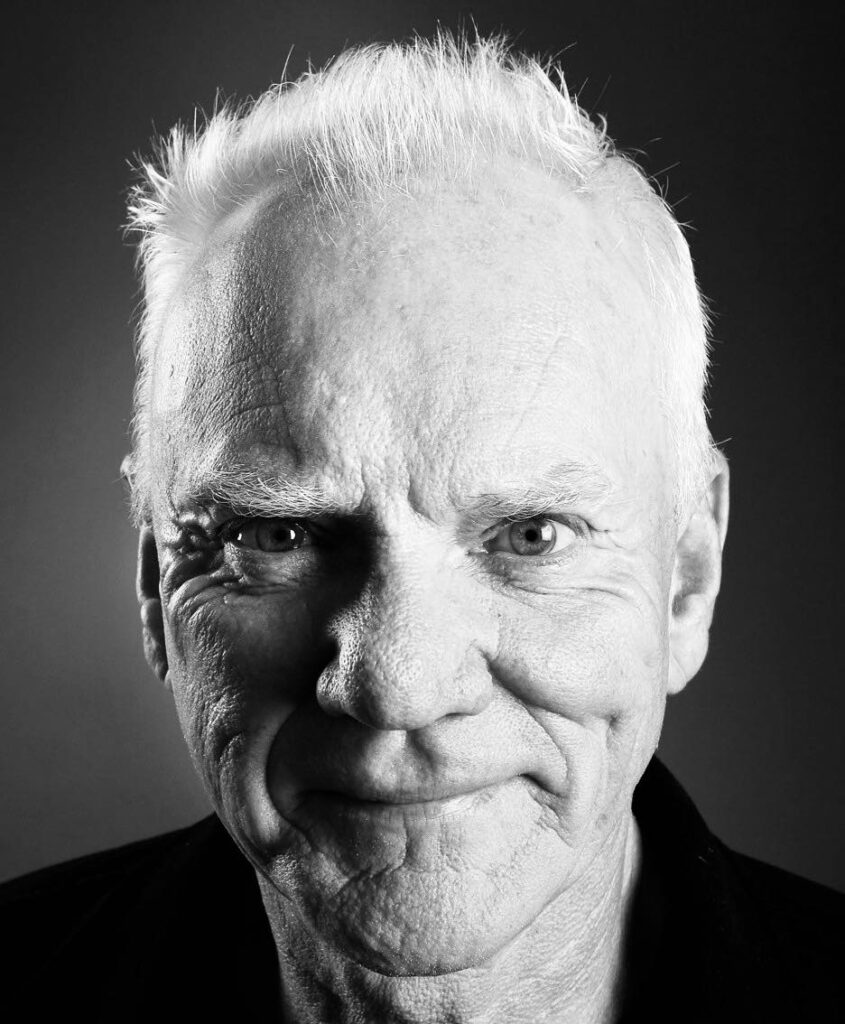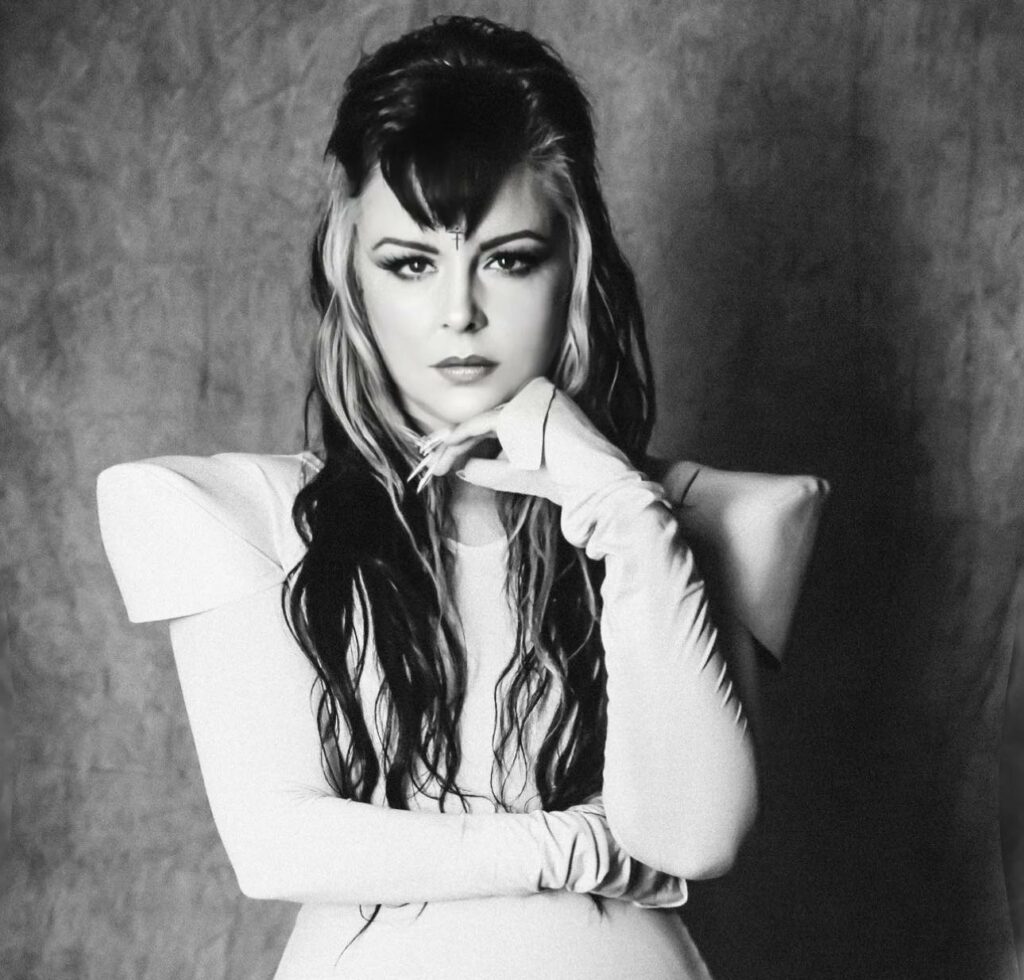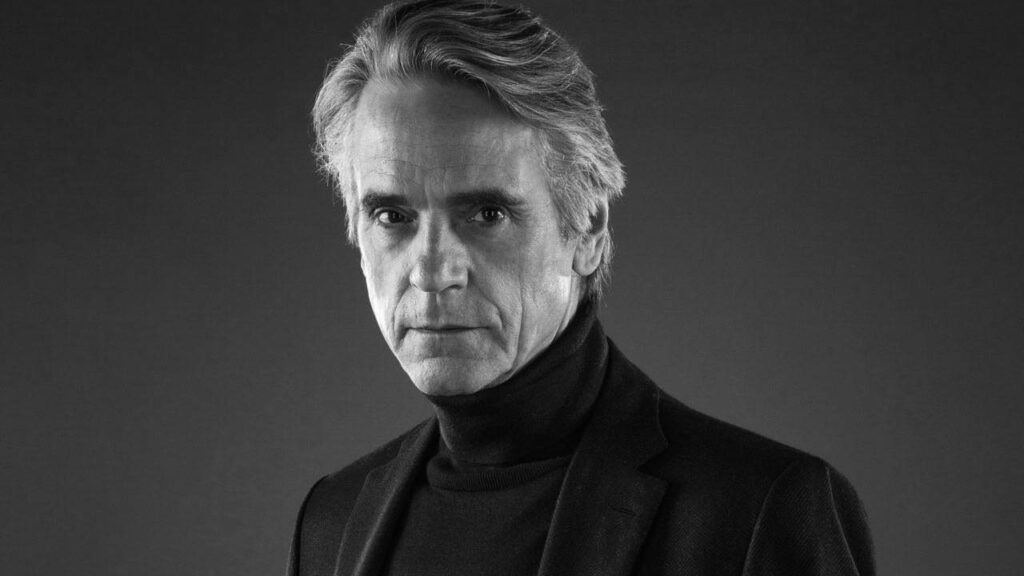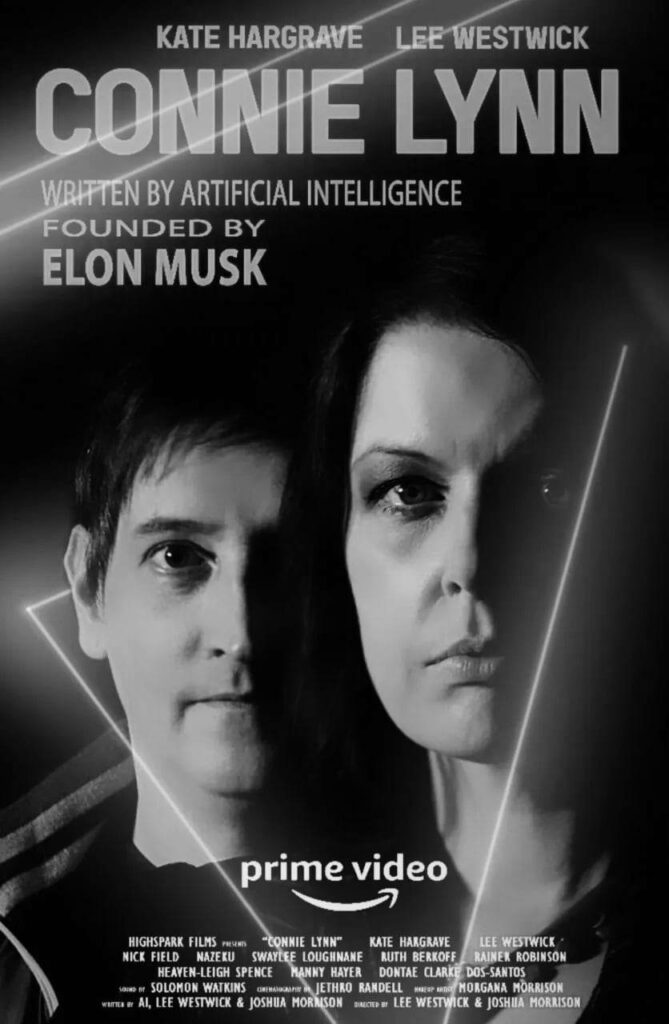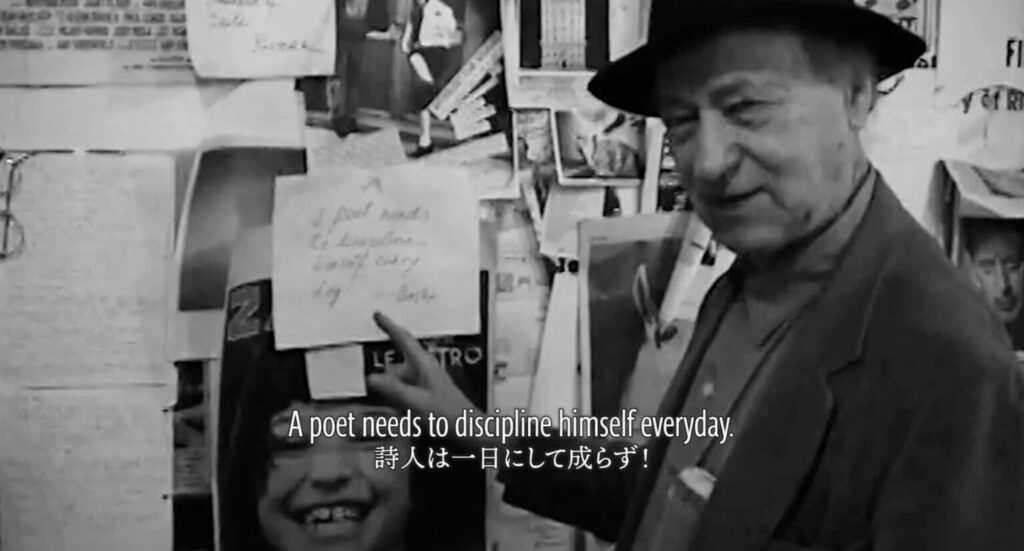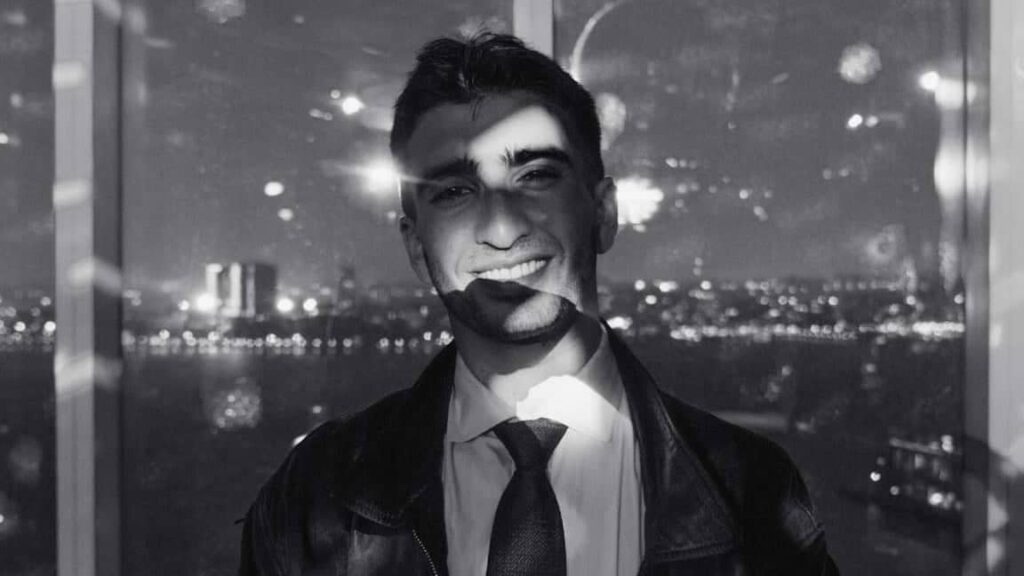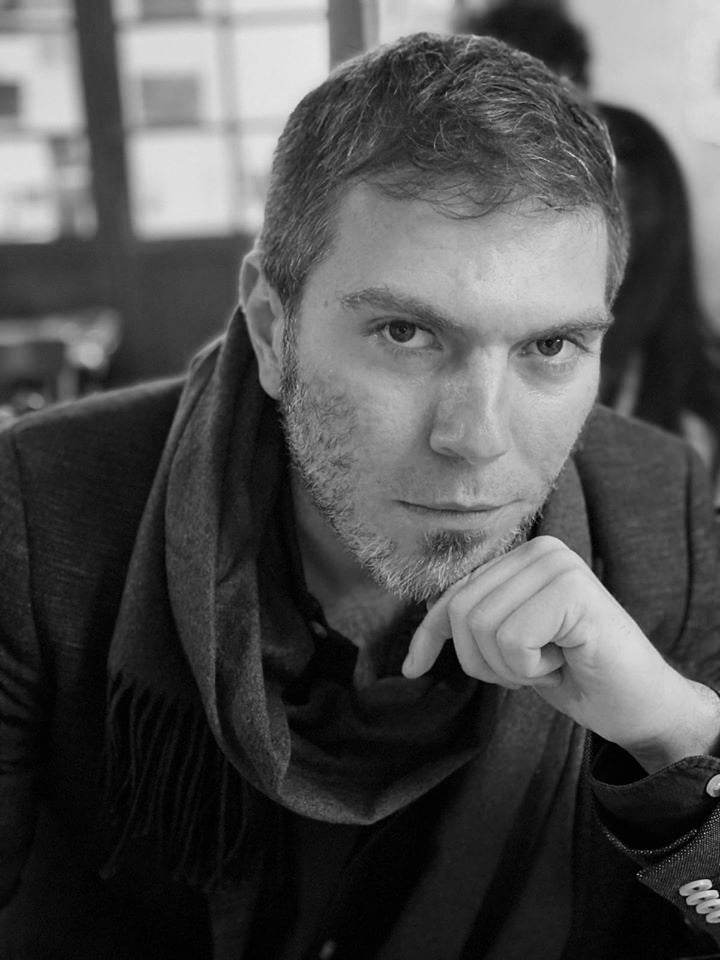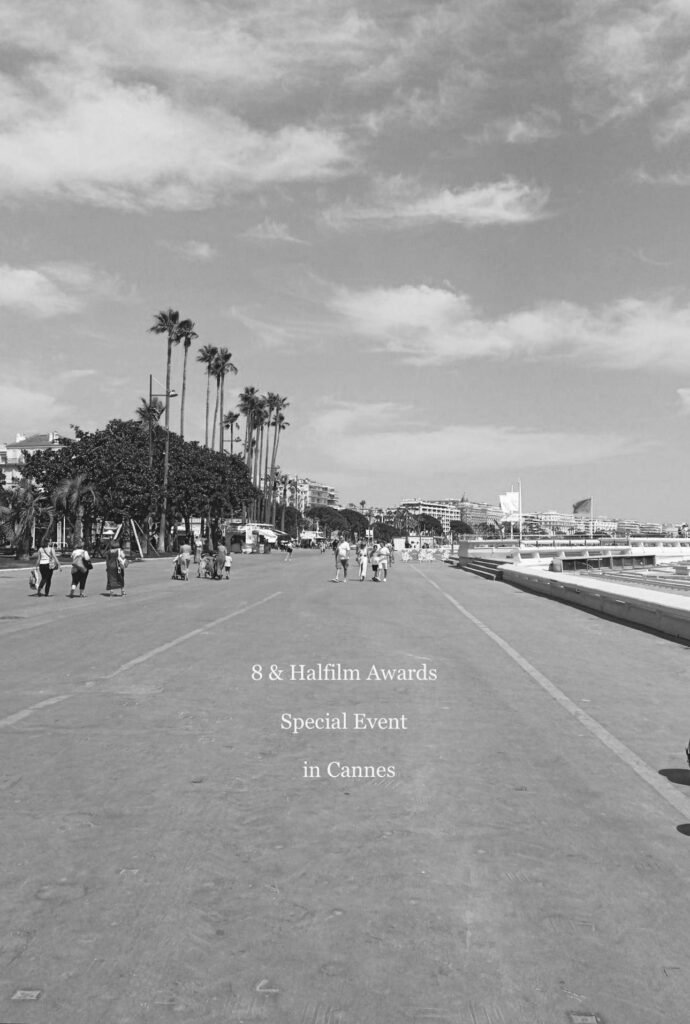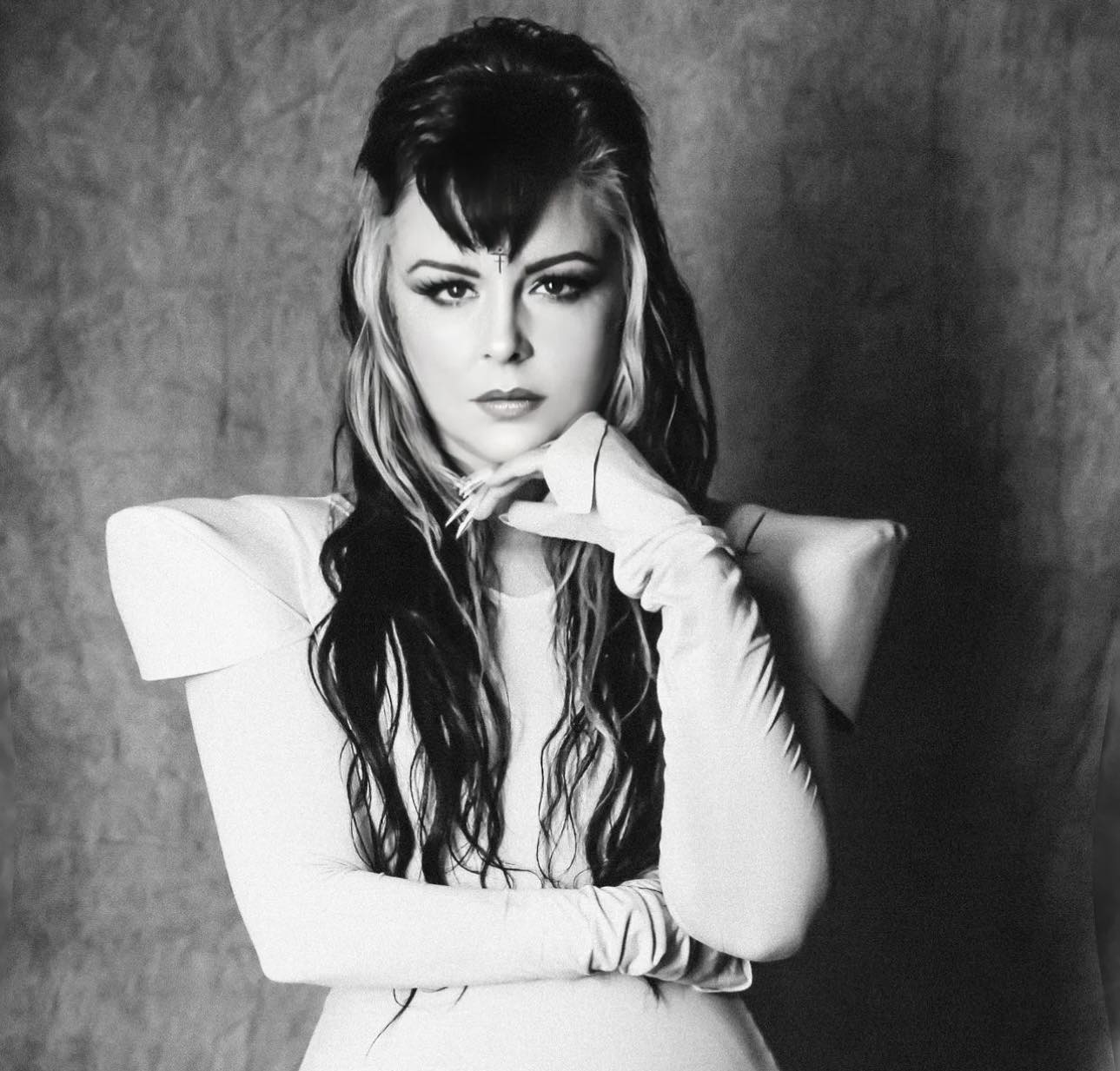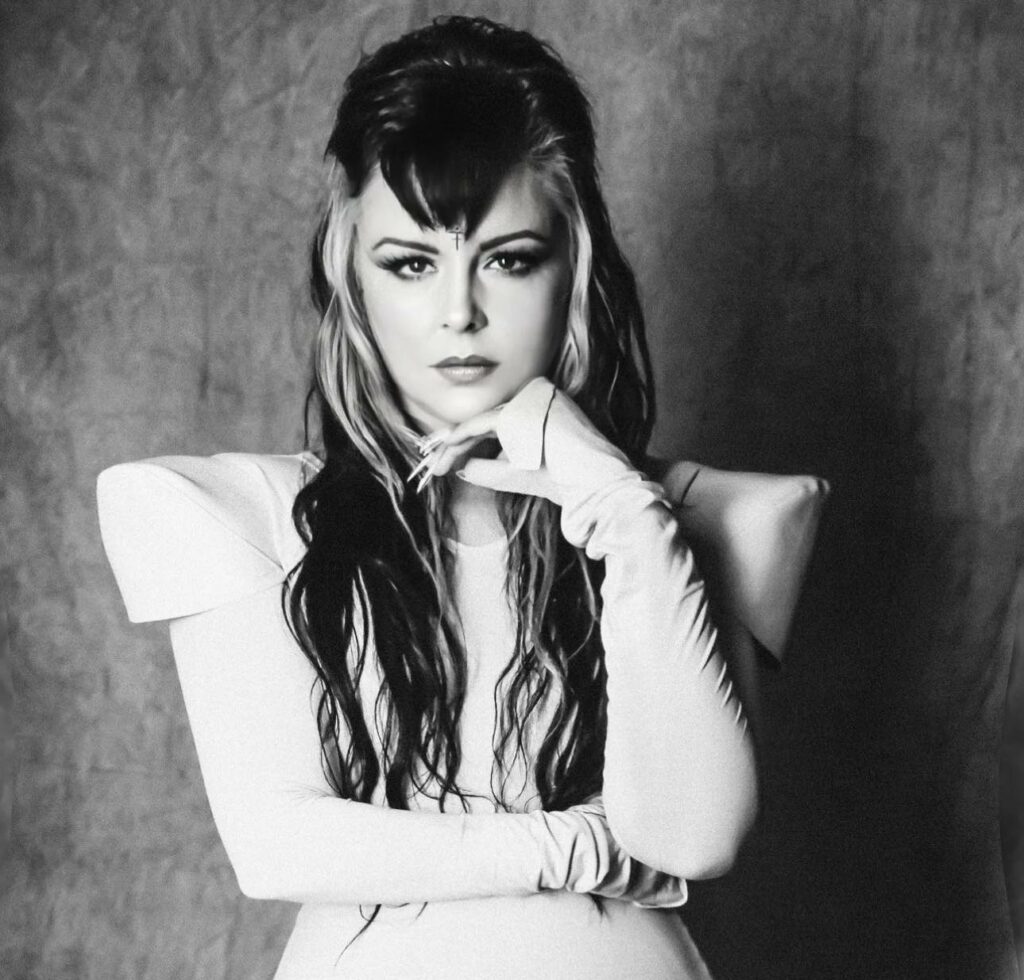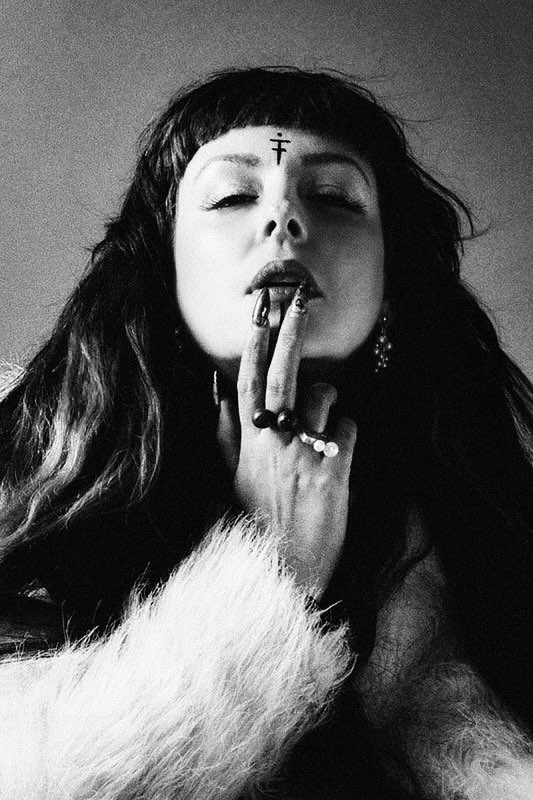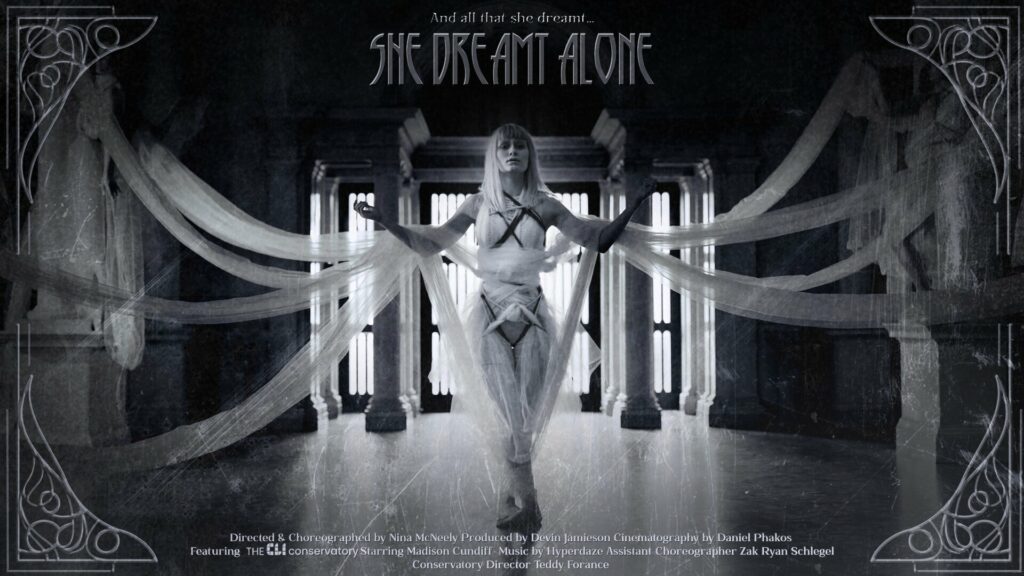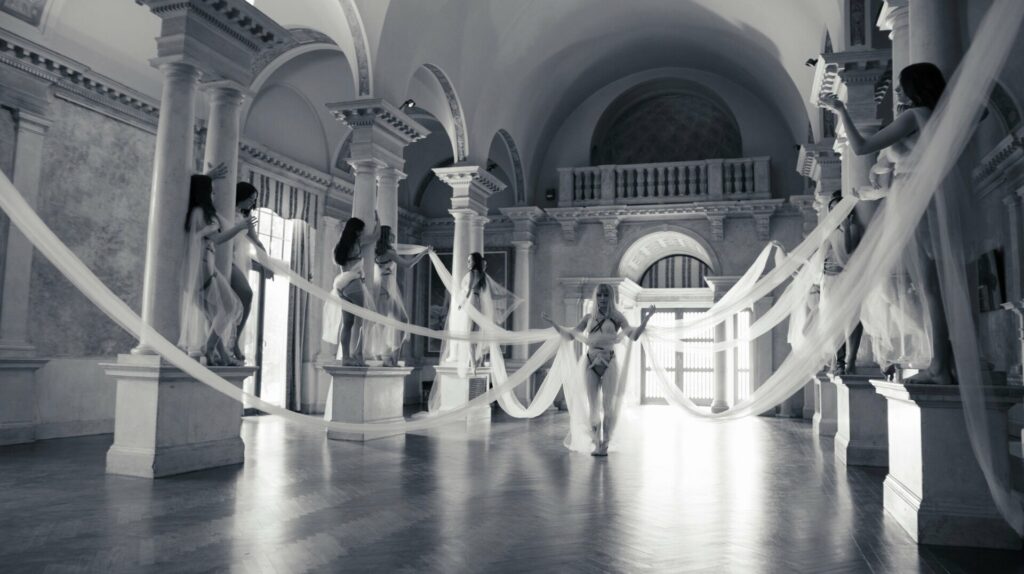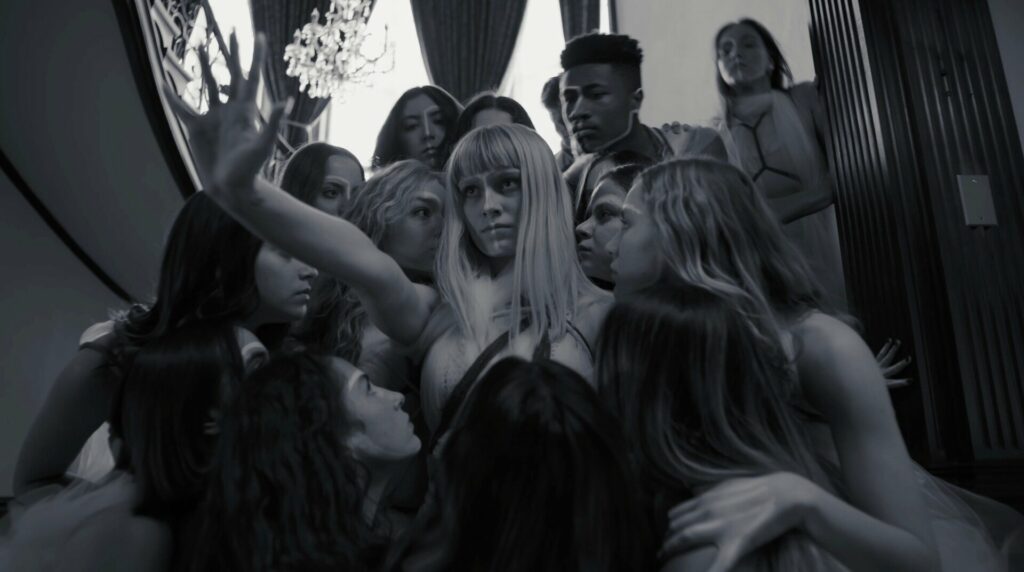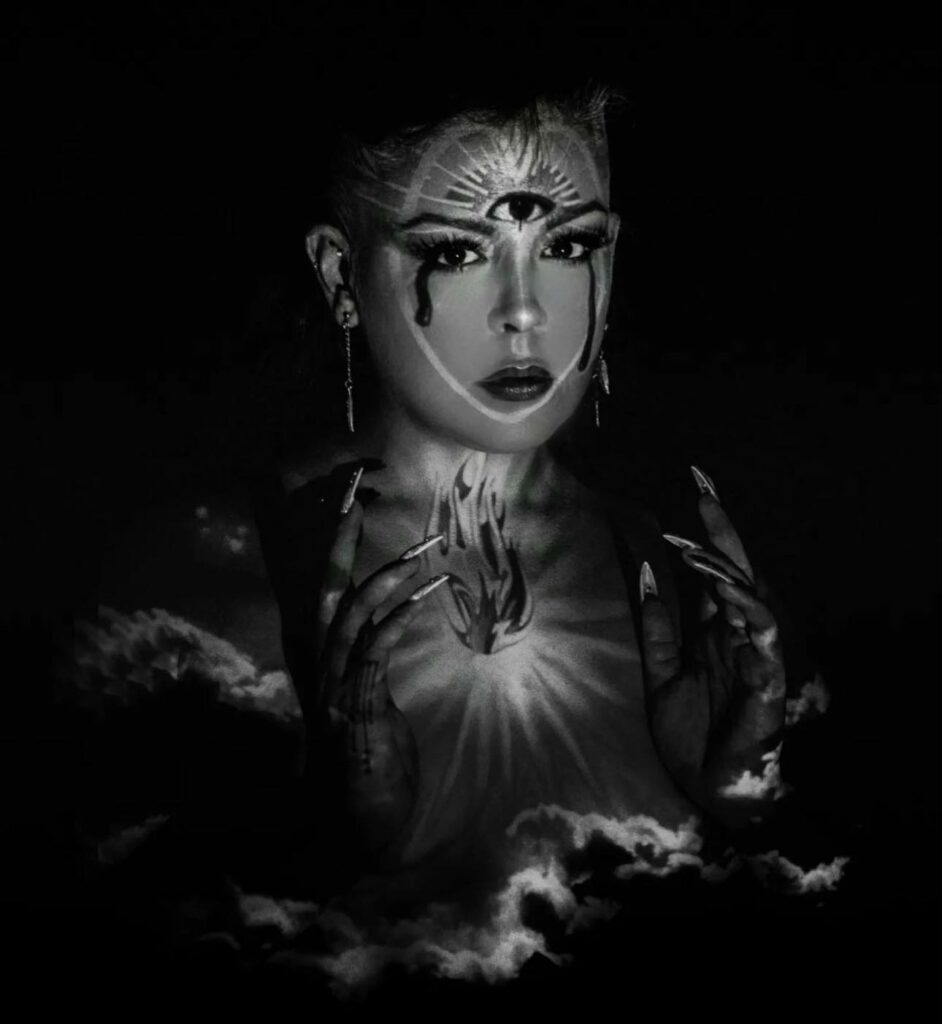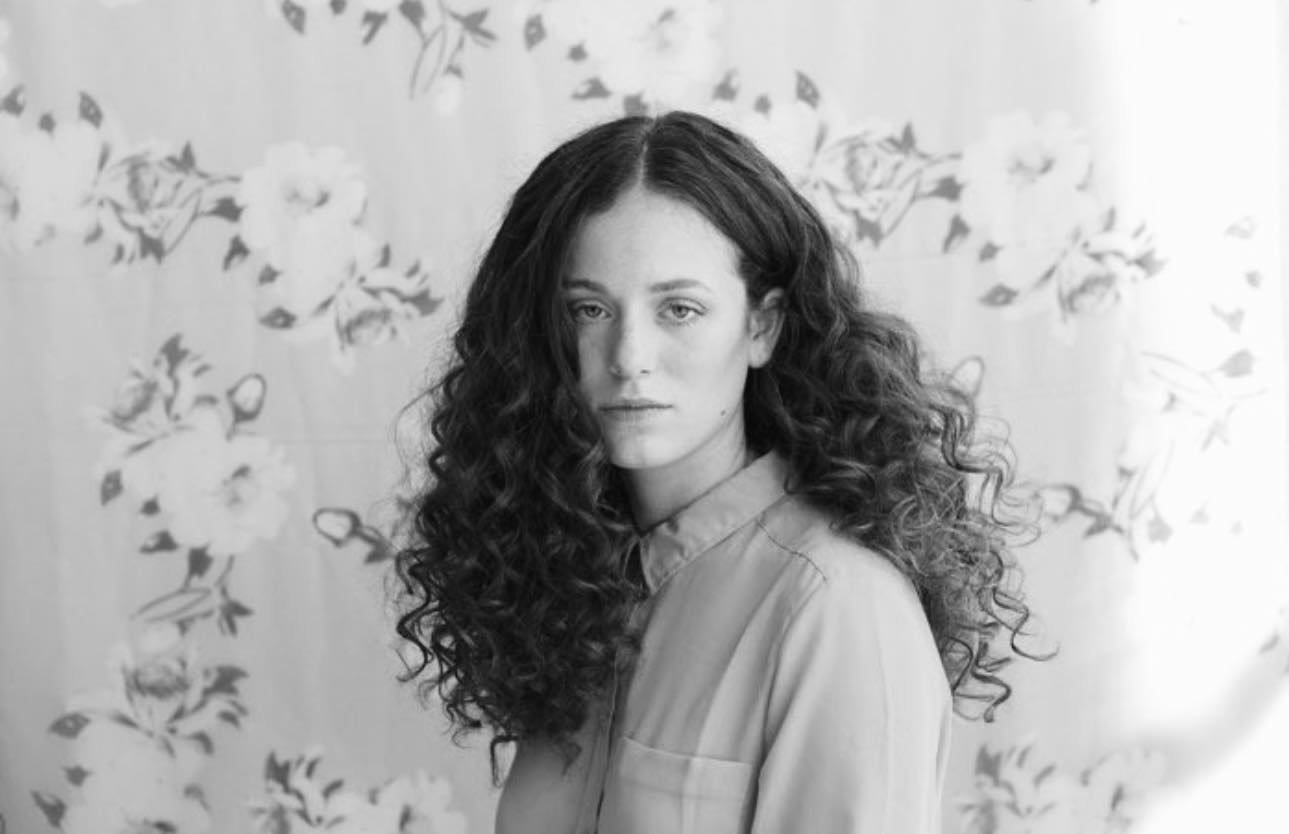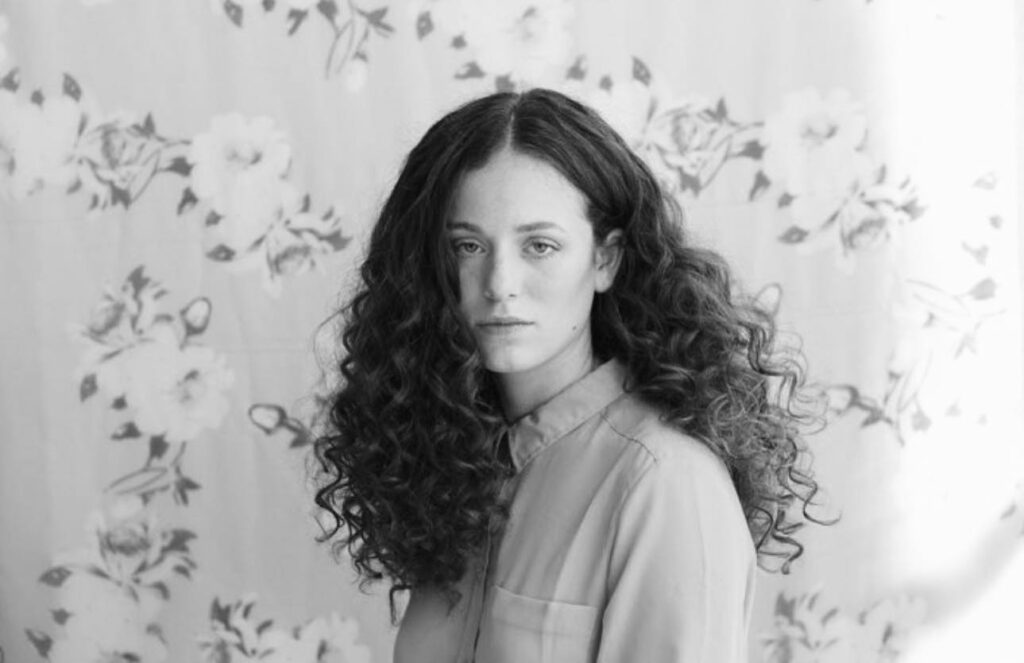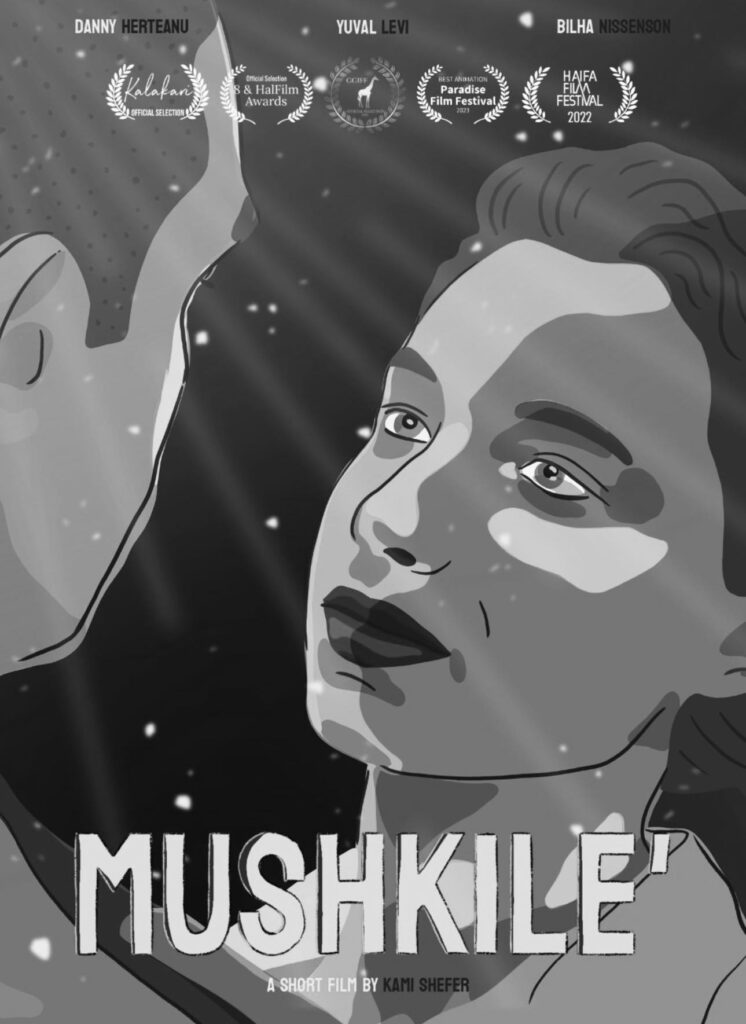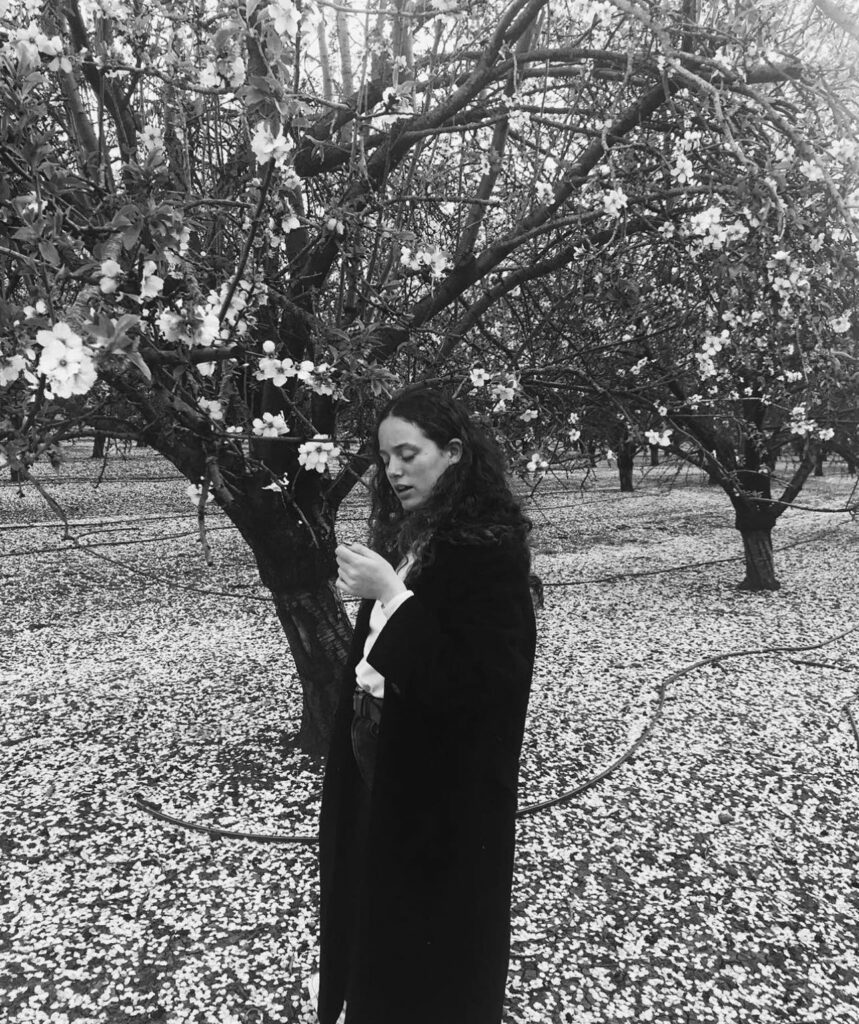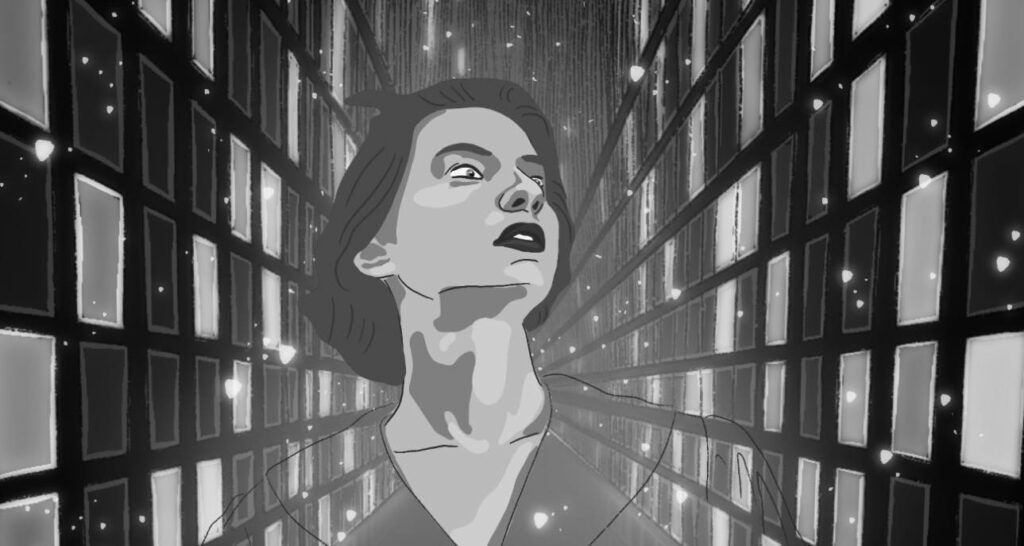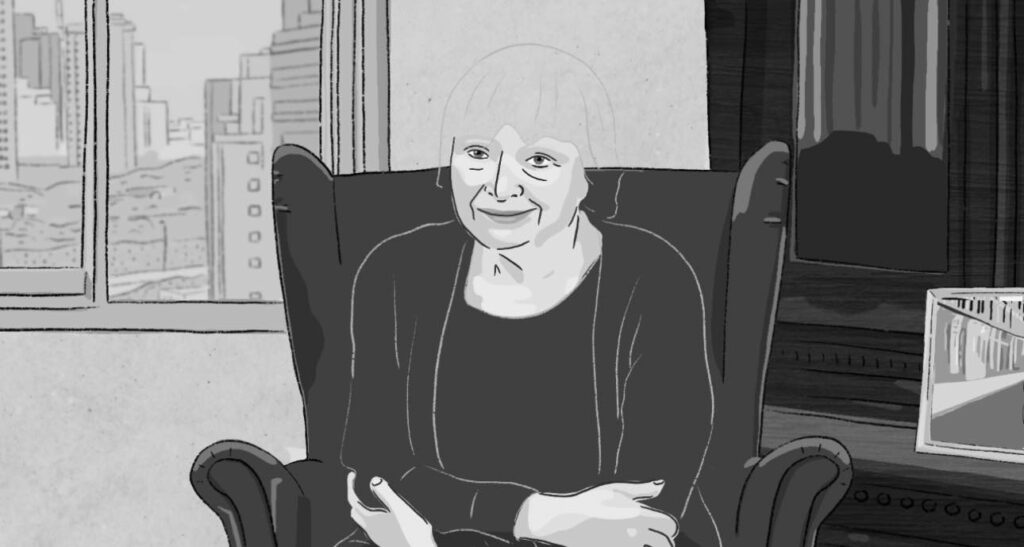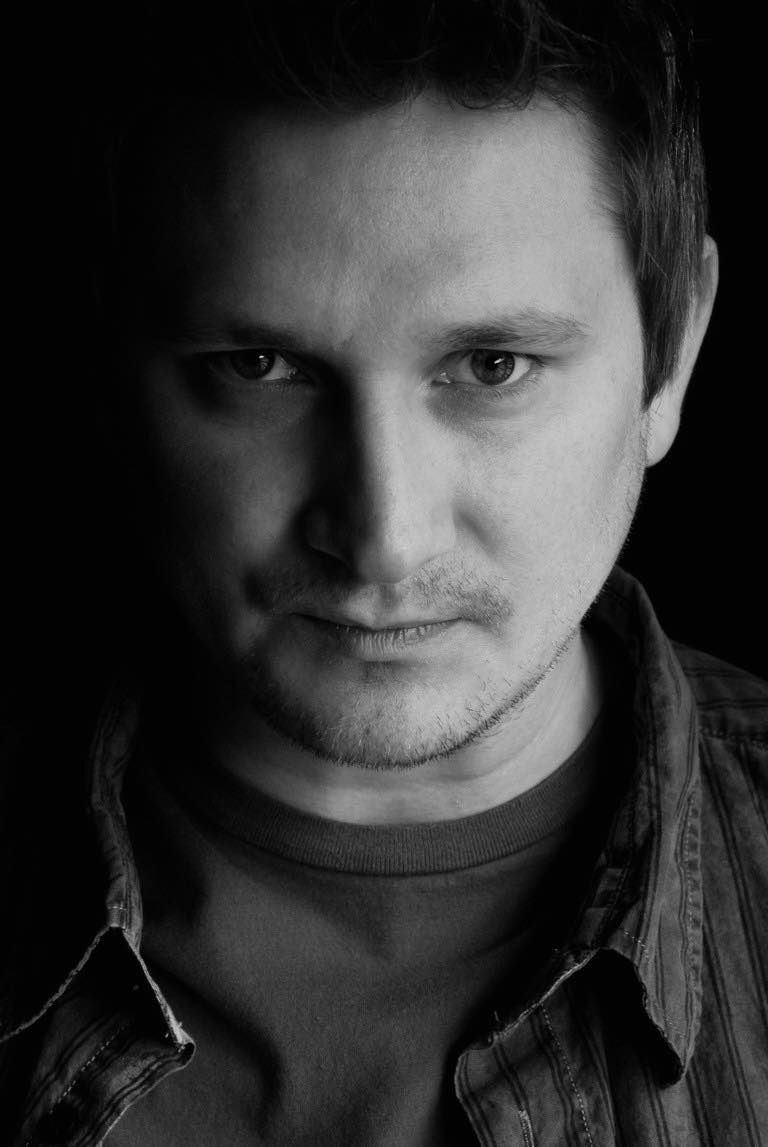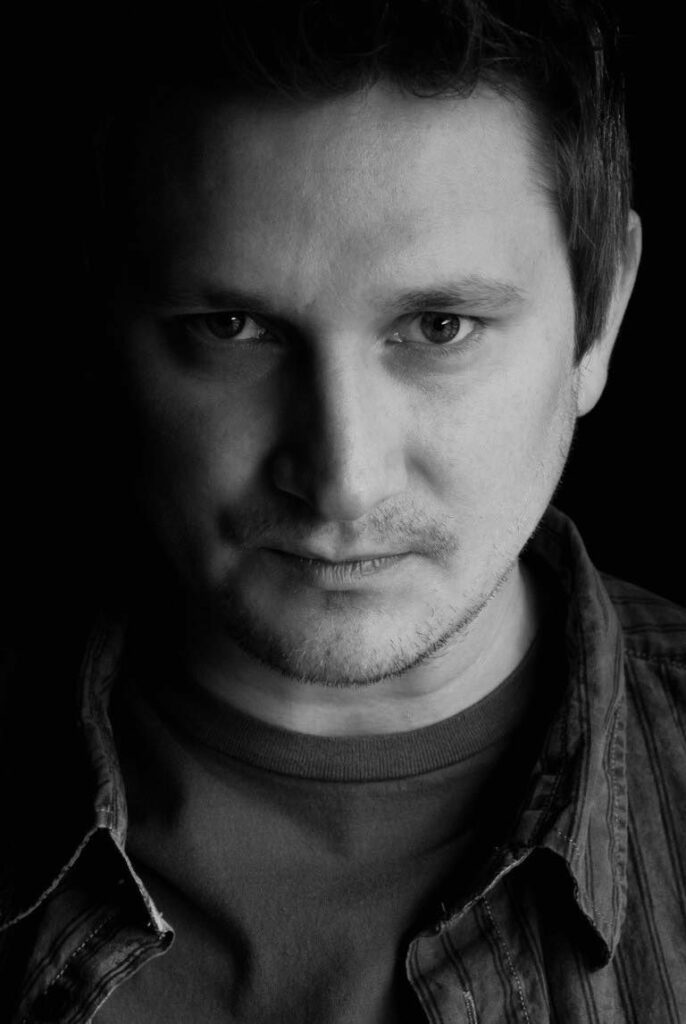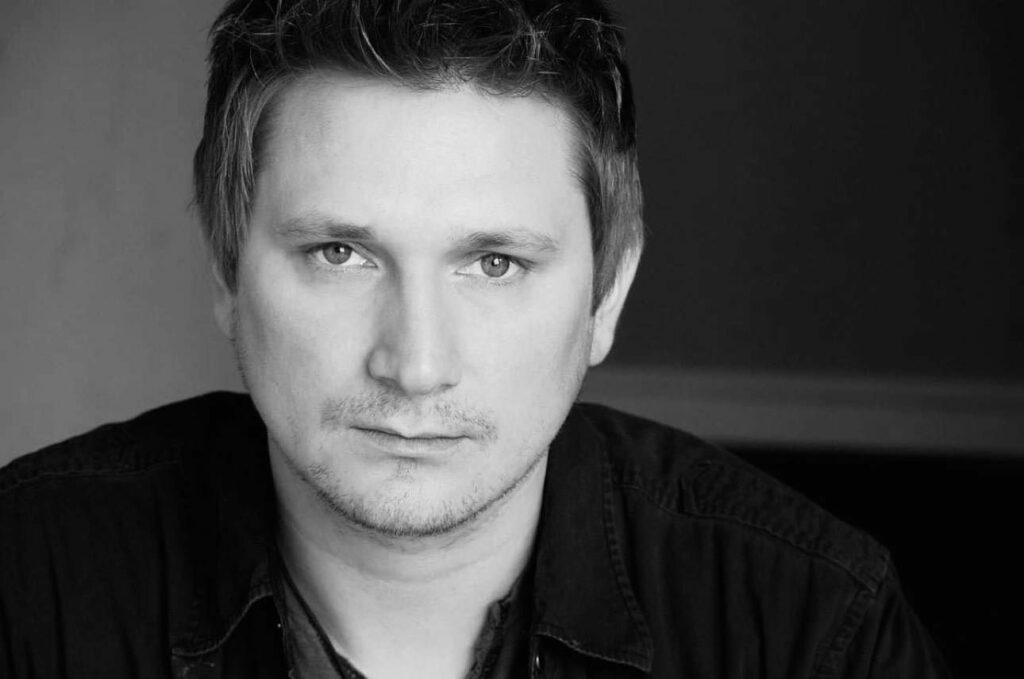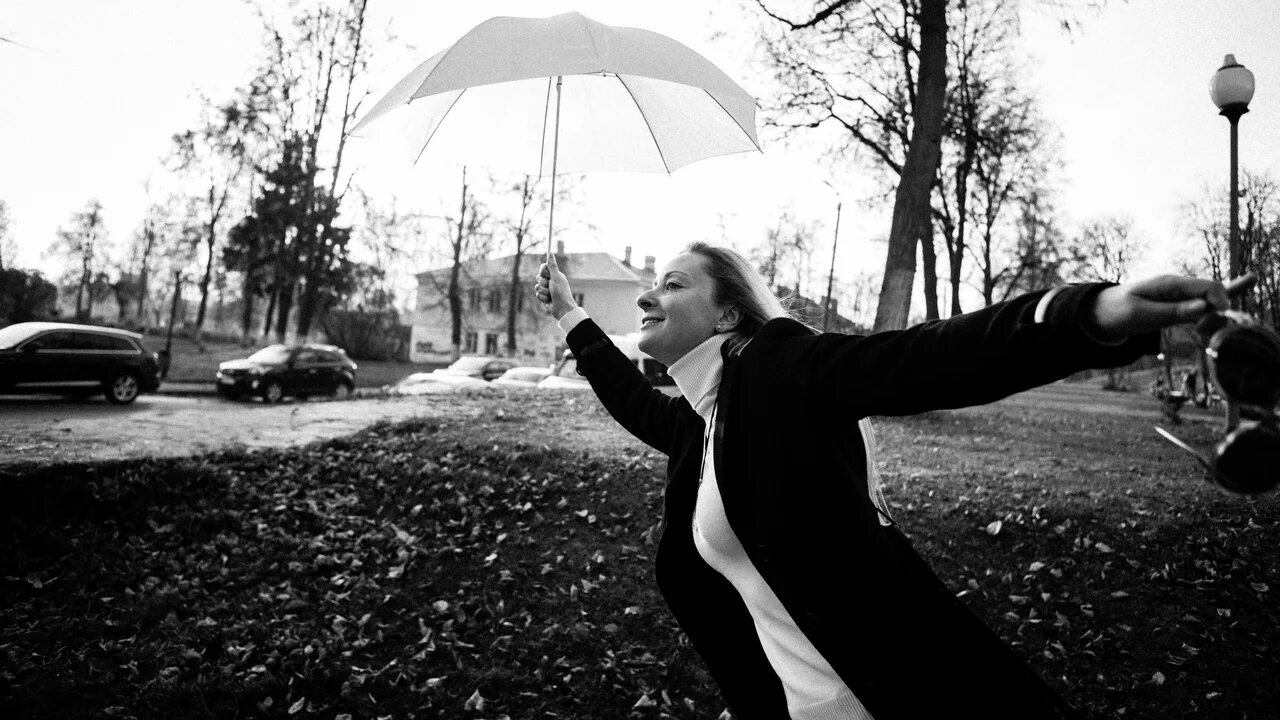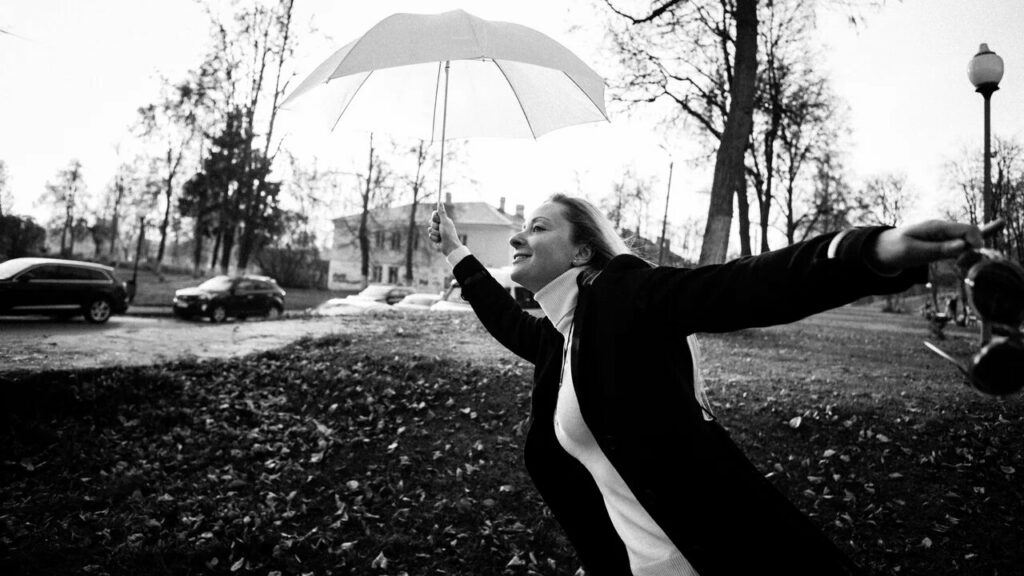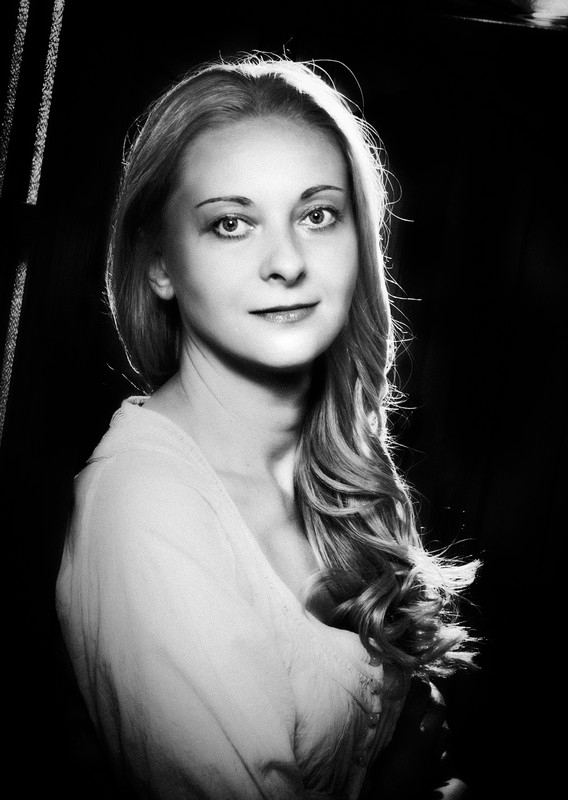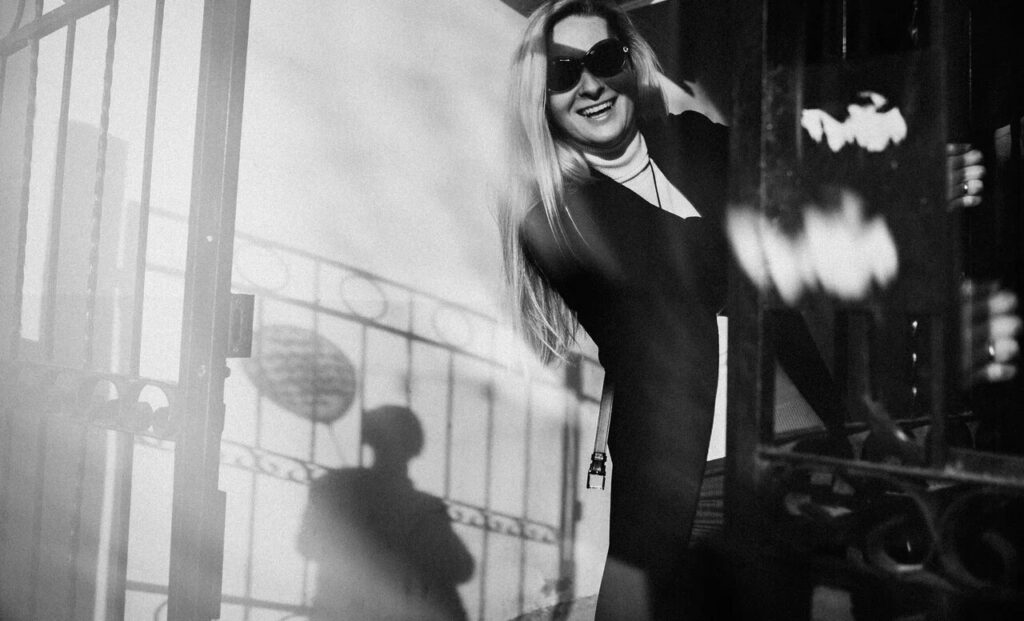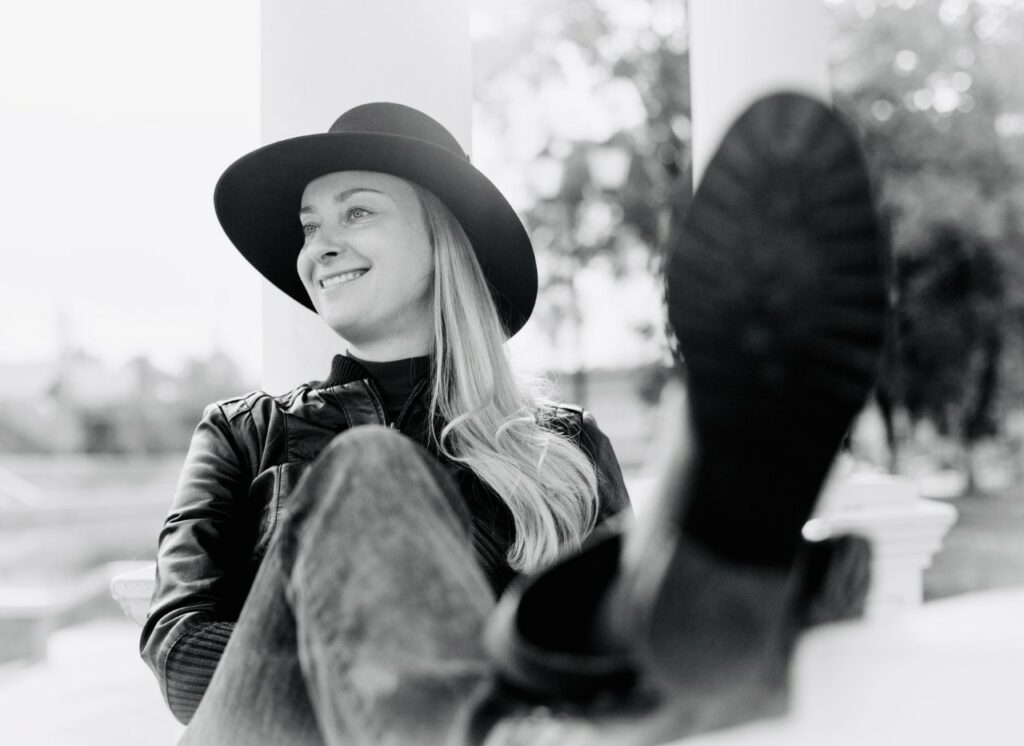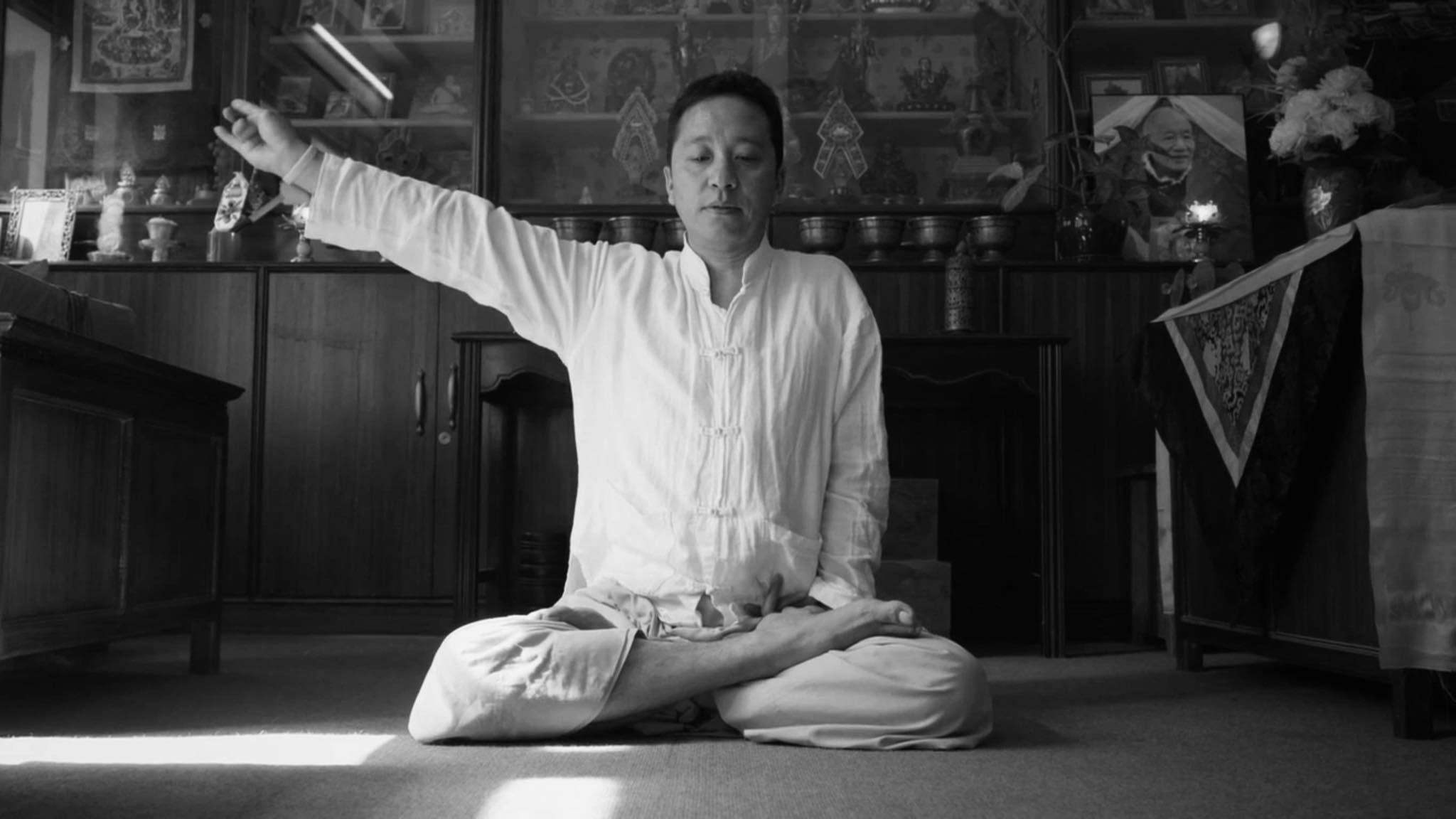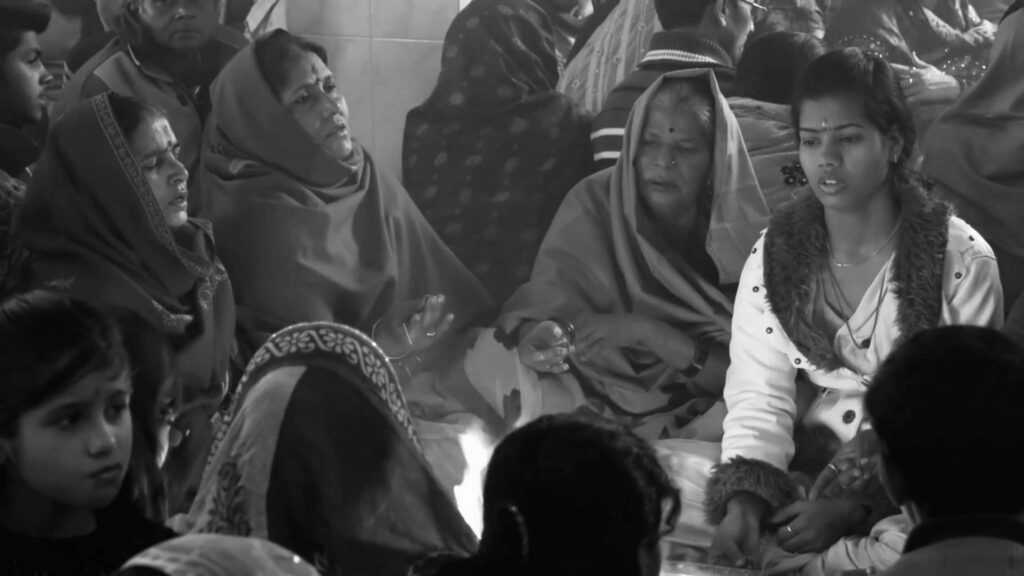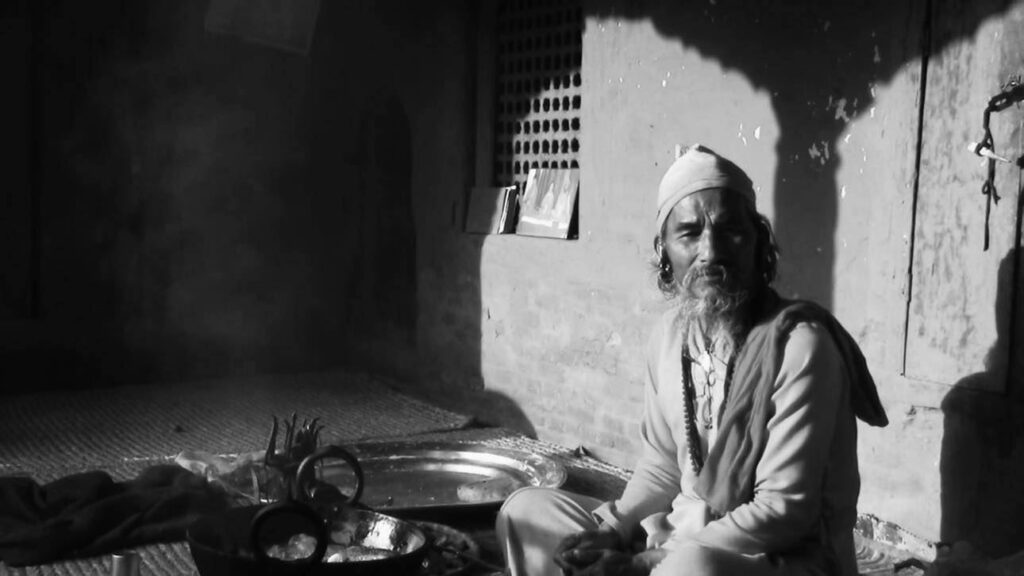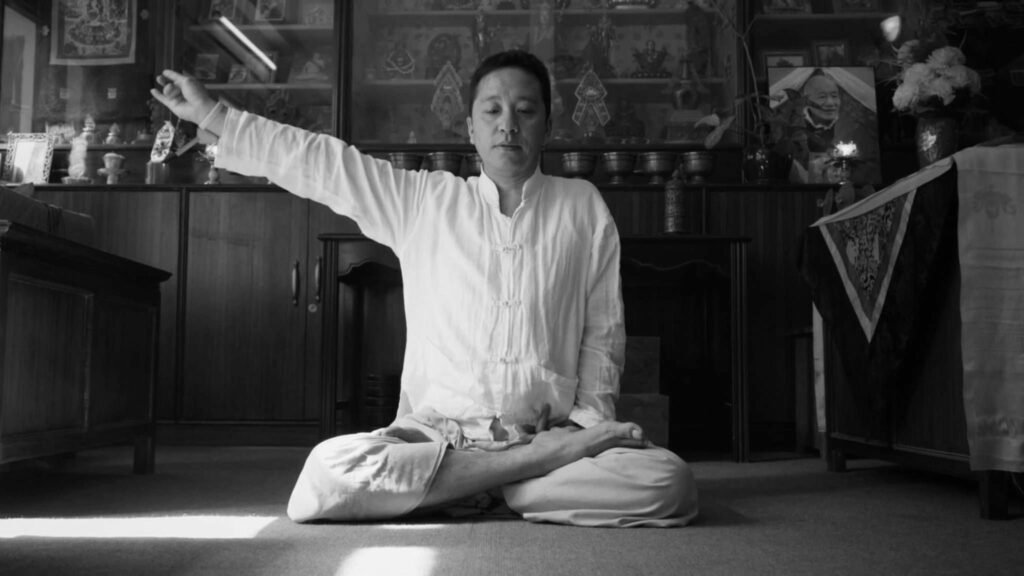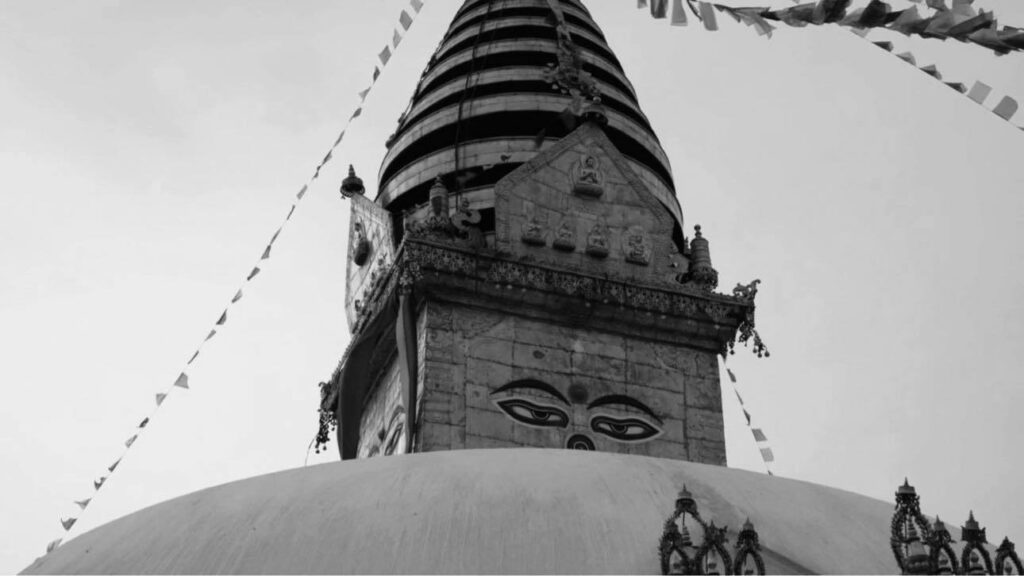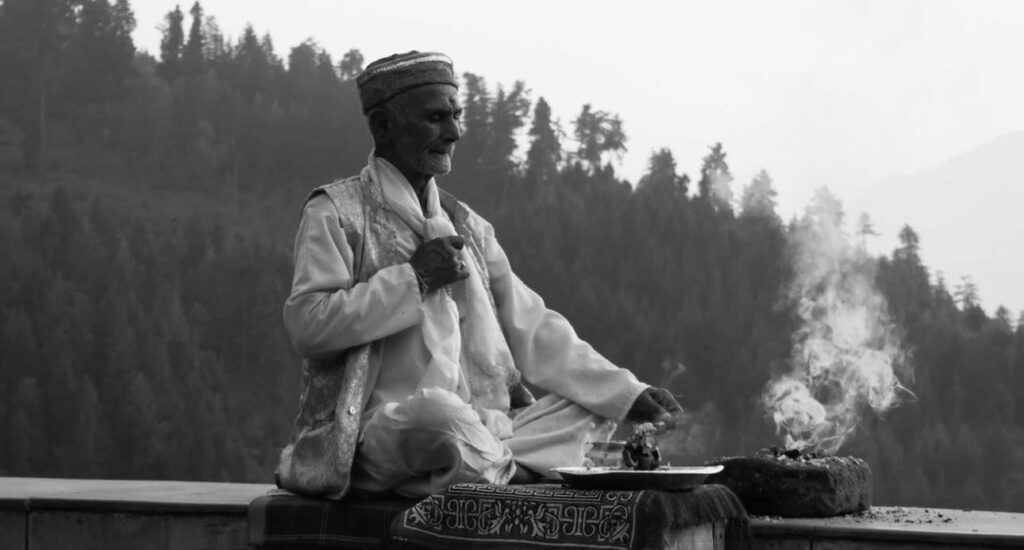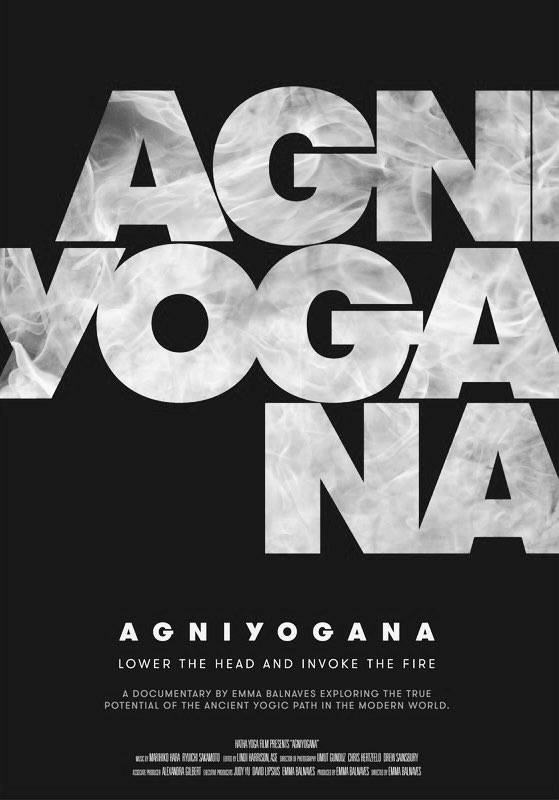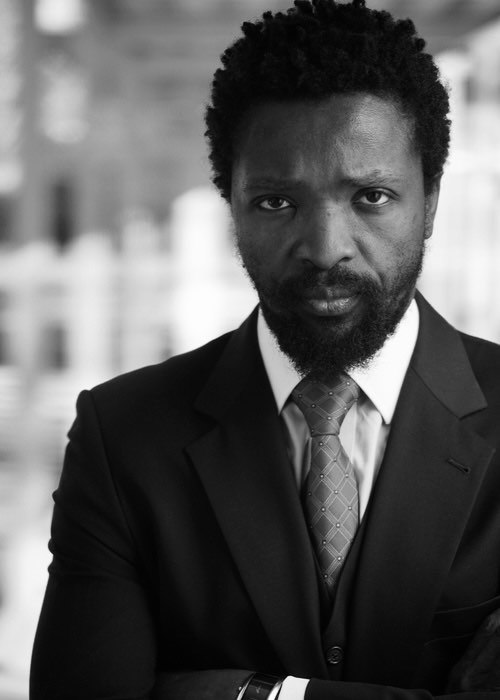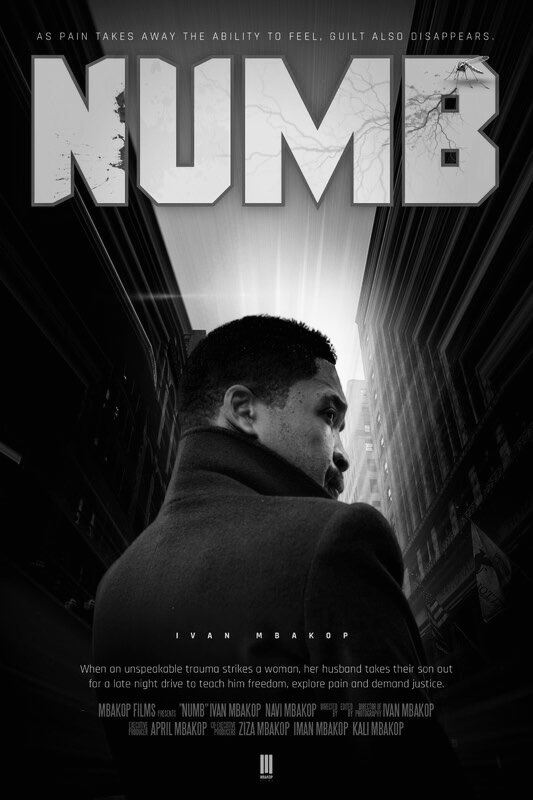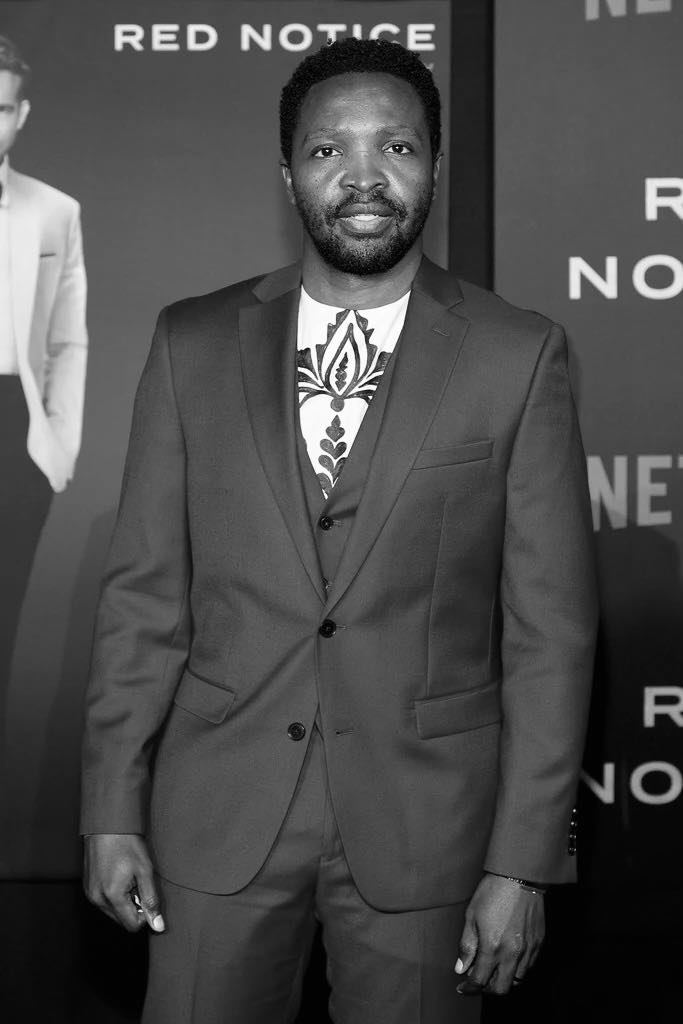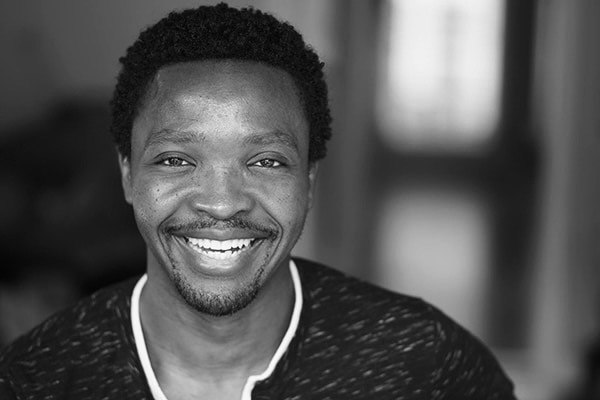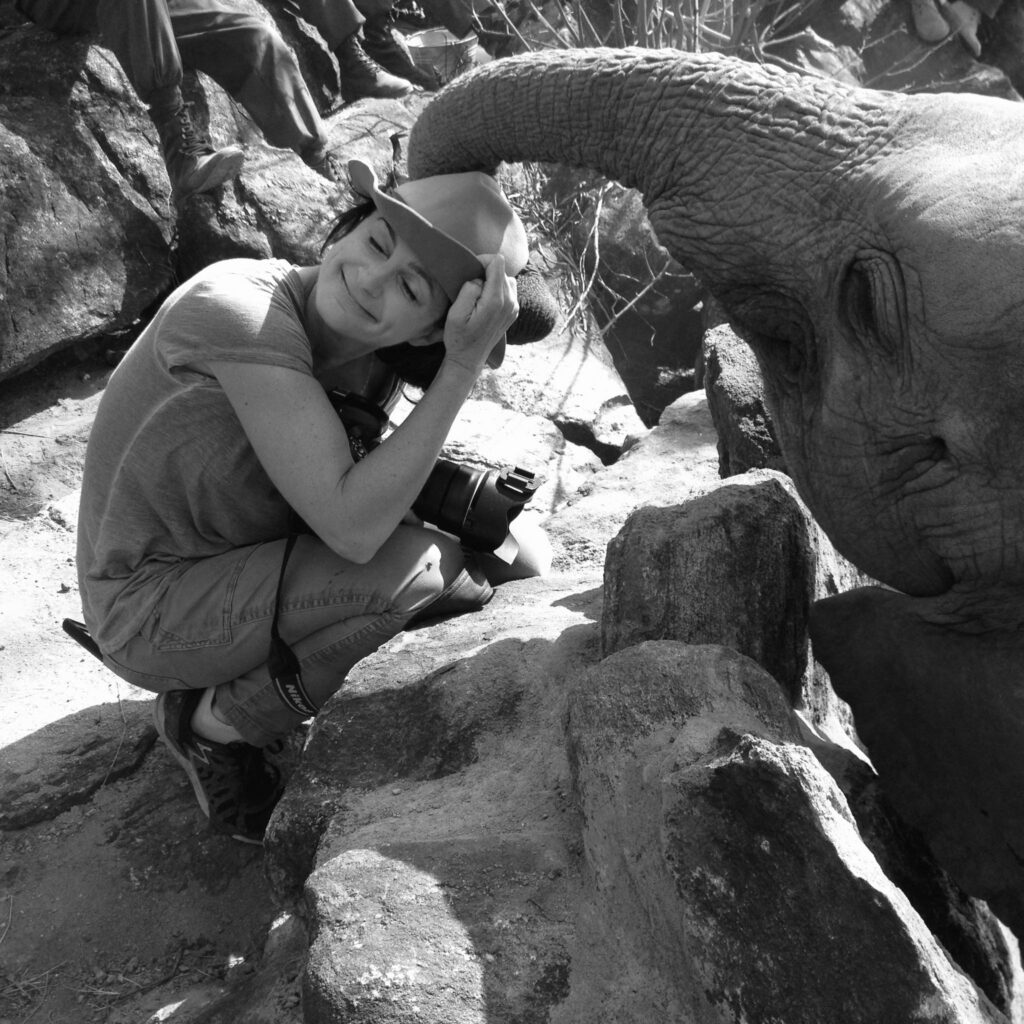
-Who is Ami Vitale?
Photographer and filmmaker Ami Vitale has been creating unique stories that amplify the work of communities on the front lines of conservation. She has traveled to more than 100 countries, documenting the heartbreaking realities of war to witnessing the inspiring power of individuals making a difference. Her award-winning work illuminates the unsung heroes and communities working to protect wildlife and finding harmony in our natural world.
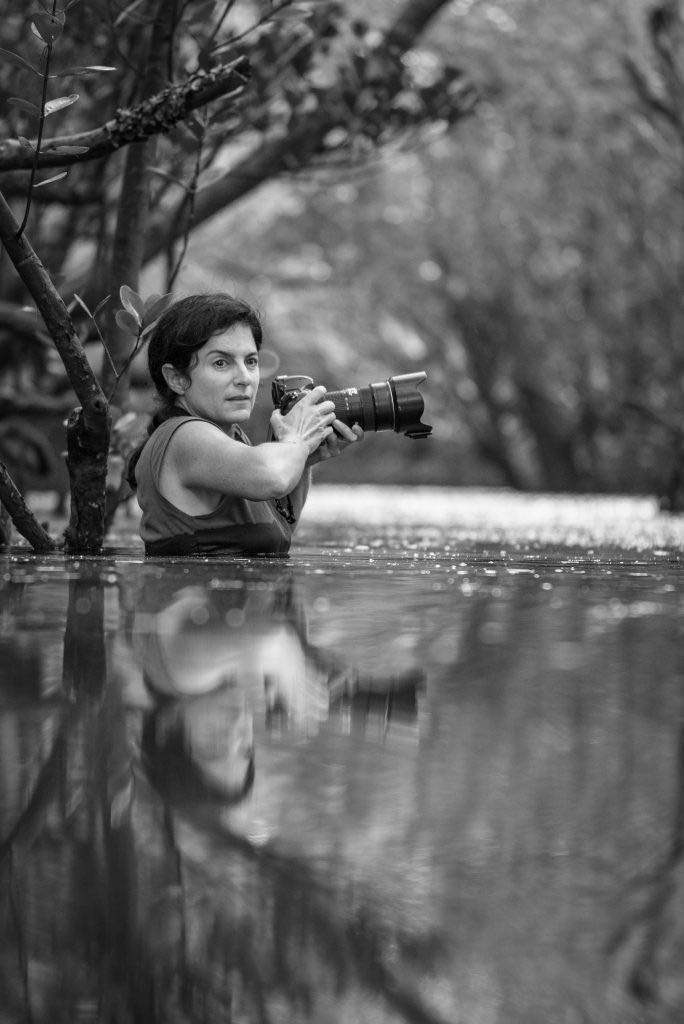
Ami is the 2022 Conservation International Innovators Fellow. In 2022, she was awarded with prestigious prizes from both the Missouri Honor Medal for Distinguished Service and the Lucie Humanitarian Award. Instyle magazine named Ami one of fifty Badass Women, a series celebrating women who show up, speak up and get things done. Ami has been named Magazine photographer of the year in the International Photographer of the Year prize, received the Daniel Pearl Award for Outstanding Reporting and is a six-time recipient of World Press Photos. Ami is also the founder and Executive Director of the women-led non-profit Vital Impacts, which supports humanitarian and conservation efforts around the world.
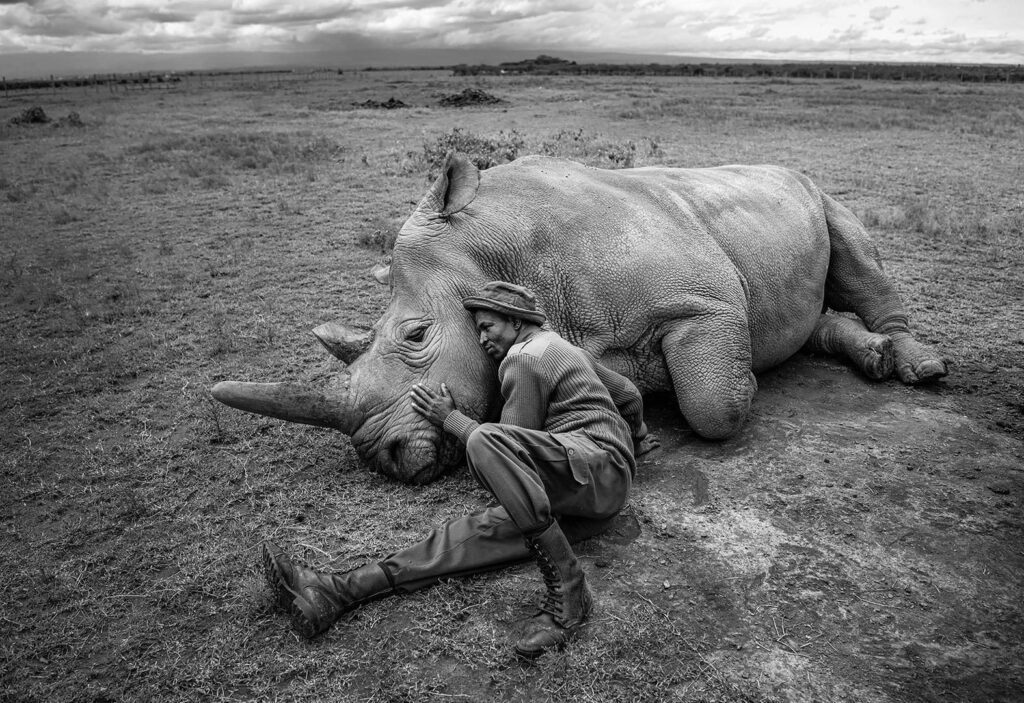
-What inspired you to become a filmmaker?
I believe there is a universal language between visual imagery and empathy; when we see something, it helps us to connect our brains and hearts. While Science and research is critical to understanding the planet and all the life we coexist with, filmmaking can often reach people in other profound ways. As visual storytellers we have a huge opportunity to inform and influence change.
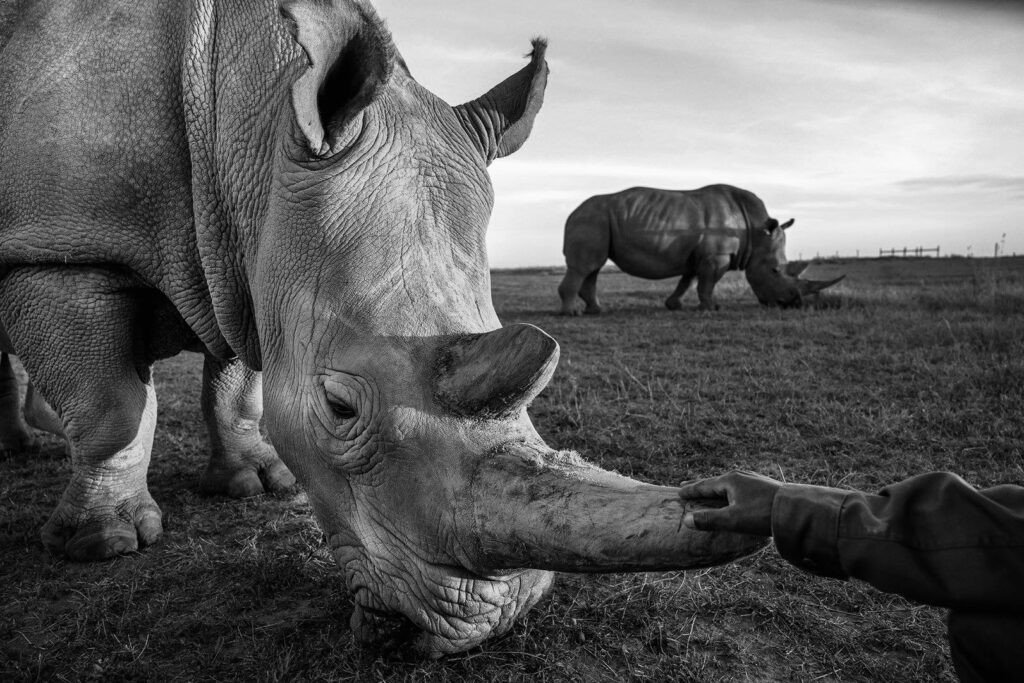
-Do you think the cinema can bring a change in the society?
I think we could do a better job of explaining why educating the next generation of environmental storytellers and journalists is so important. The environmental movement has always been too cerebral in my experience, getting caught up in either abstract scientific arguments, focusing on forecasts of catastrophe and so on. I believe photography inspires wonder, connection and seeing ourselves as part of nature.
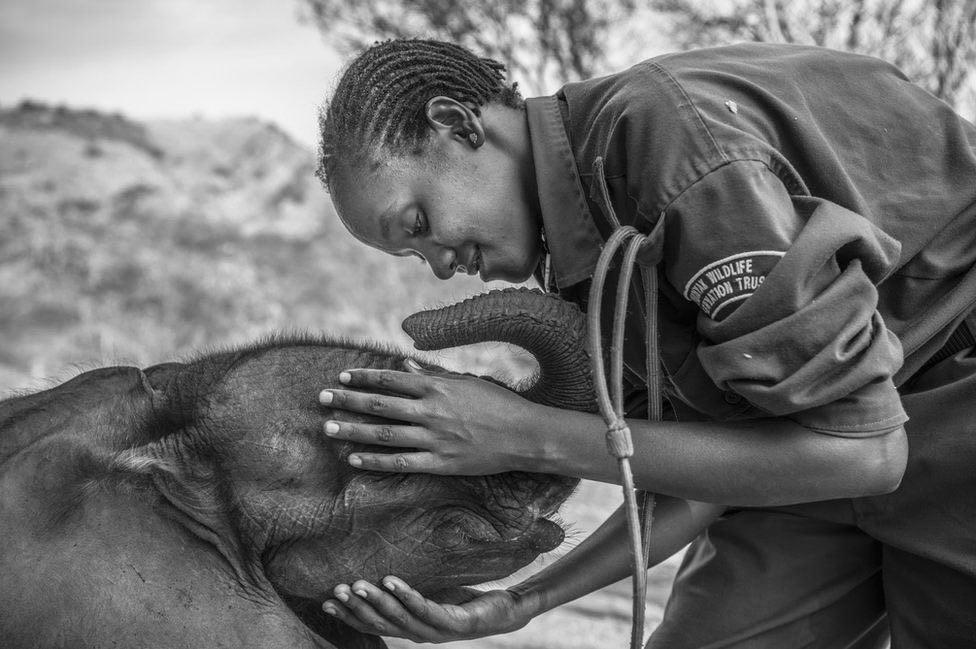
-What would you change in the world?
I would love for humanity to feel how interconnected we all are to all of life on this planet. When we see that these giants are part of a complex world created over millions of years, we see that their survival is intertwined with our own. Without rhinos and elephants and other wildlife, we suffer a loss of imagination, a loss of wonder, a loss of beautiful possibilities. When we see ourselves as part of nature, we understand that saving nature is really about saving ourselves.
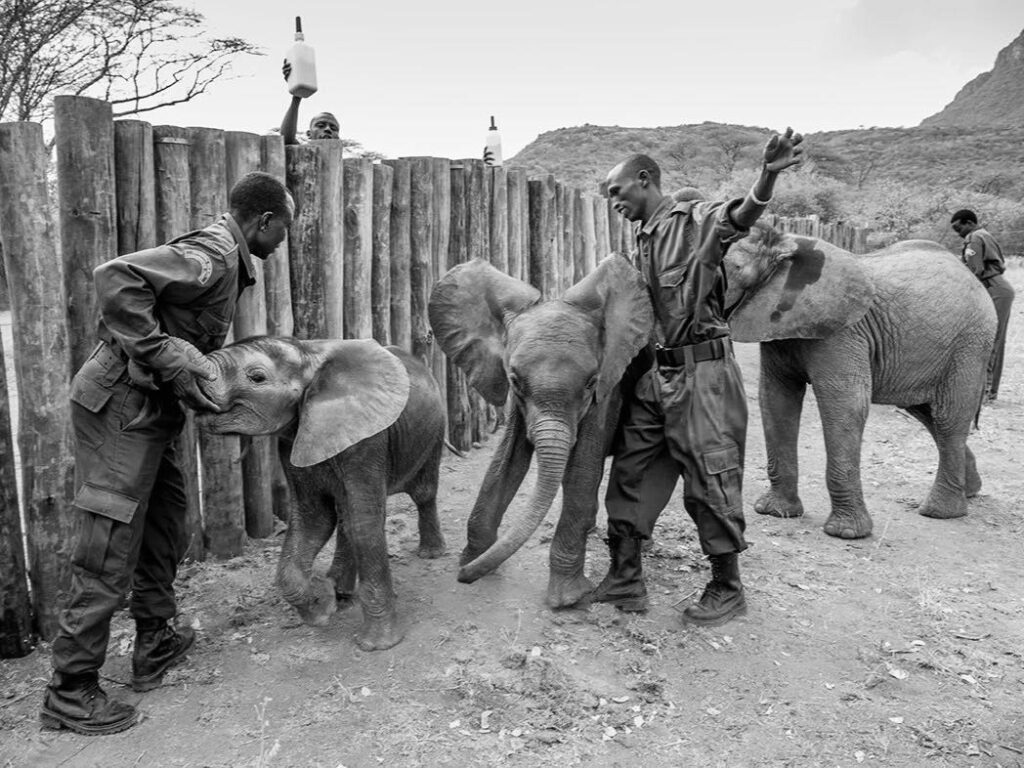
–Where do you see the film industry going in the next 100 years?
Great question! I do not know but my hope it that we will have a complete revival and go back to our beginnings and rethink the past to guide us forward.
